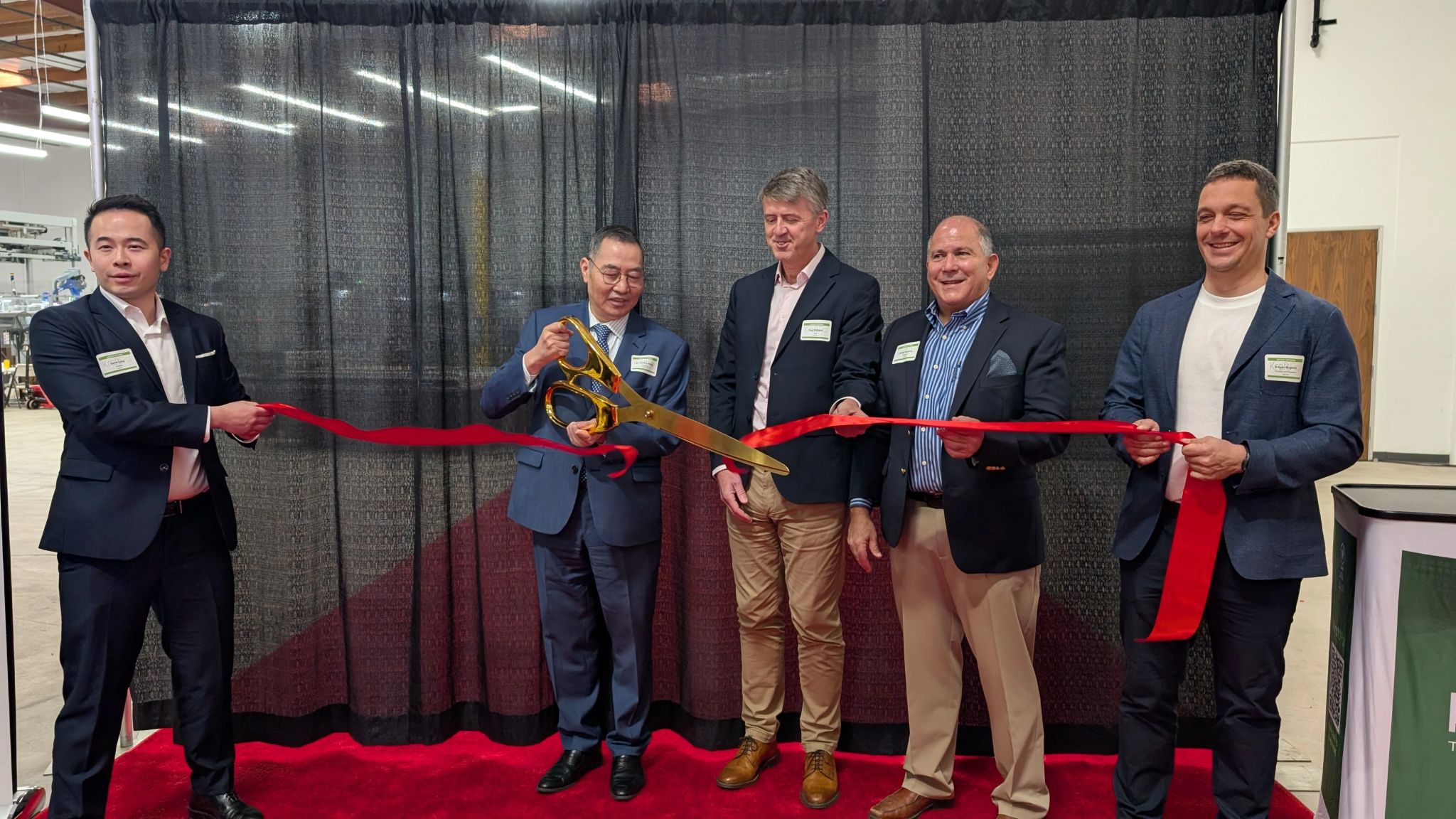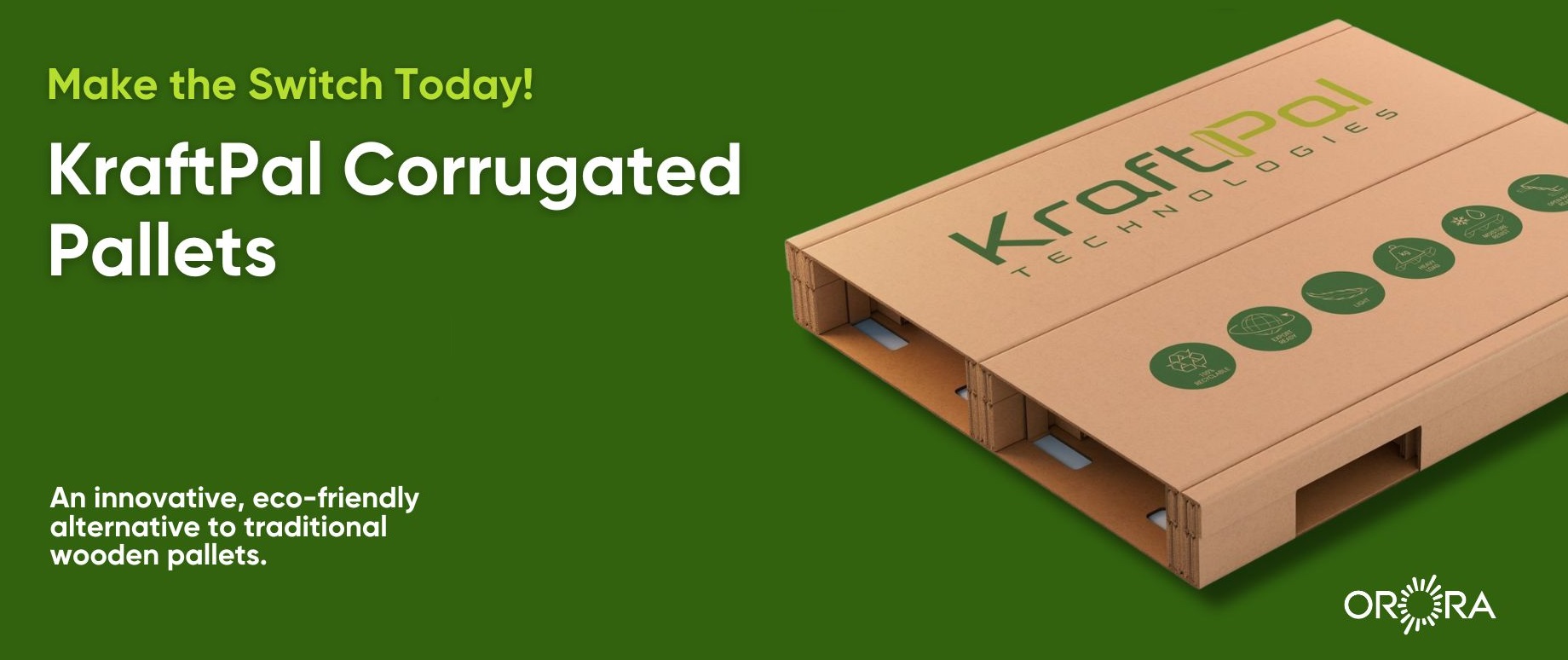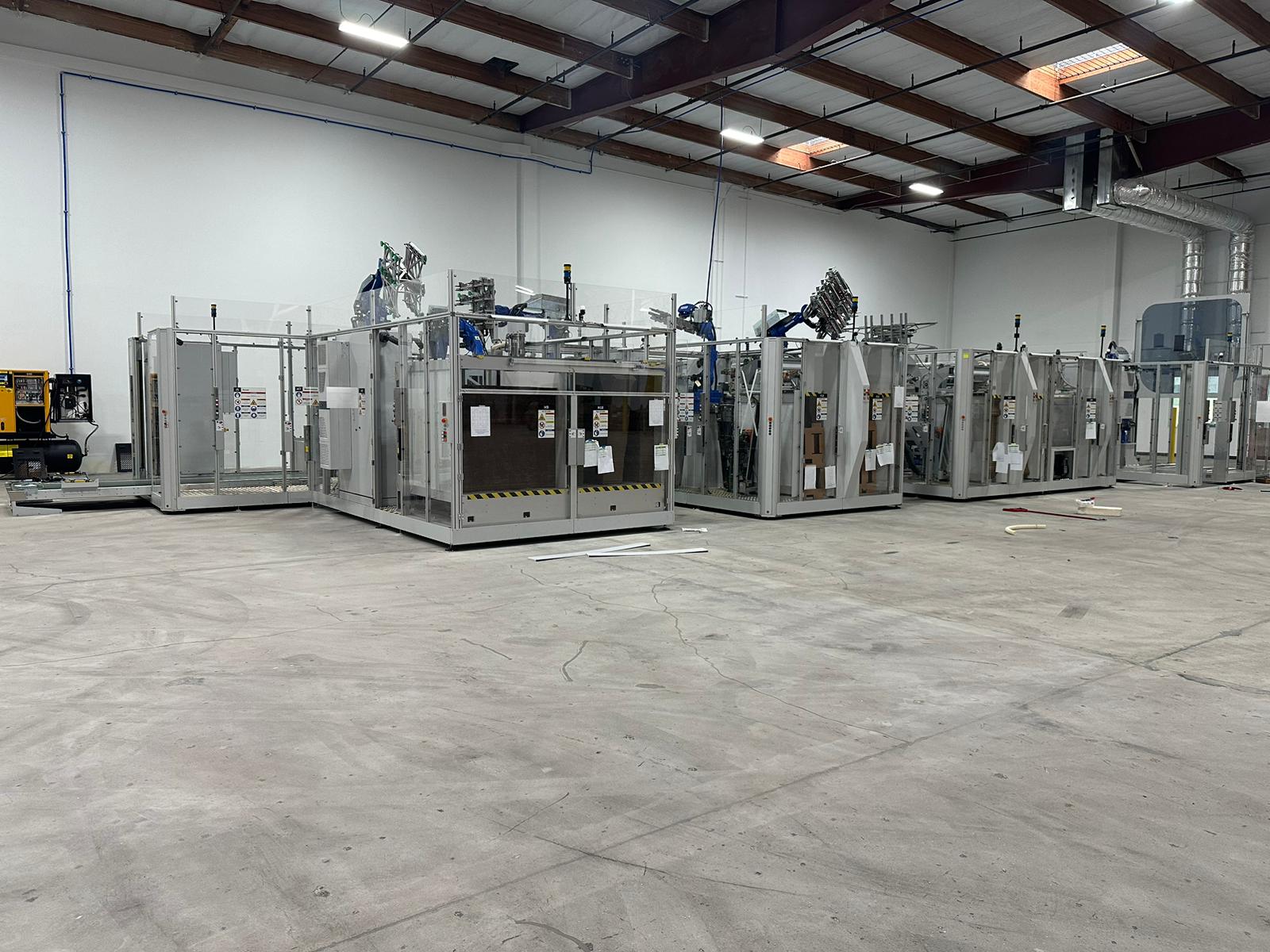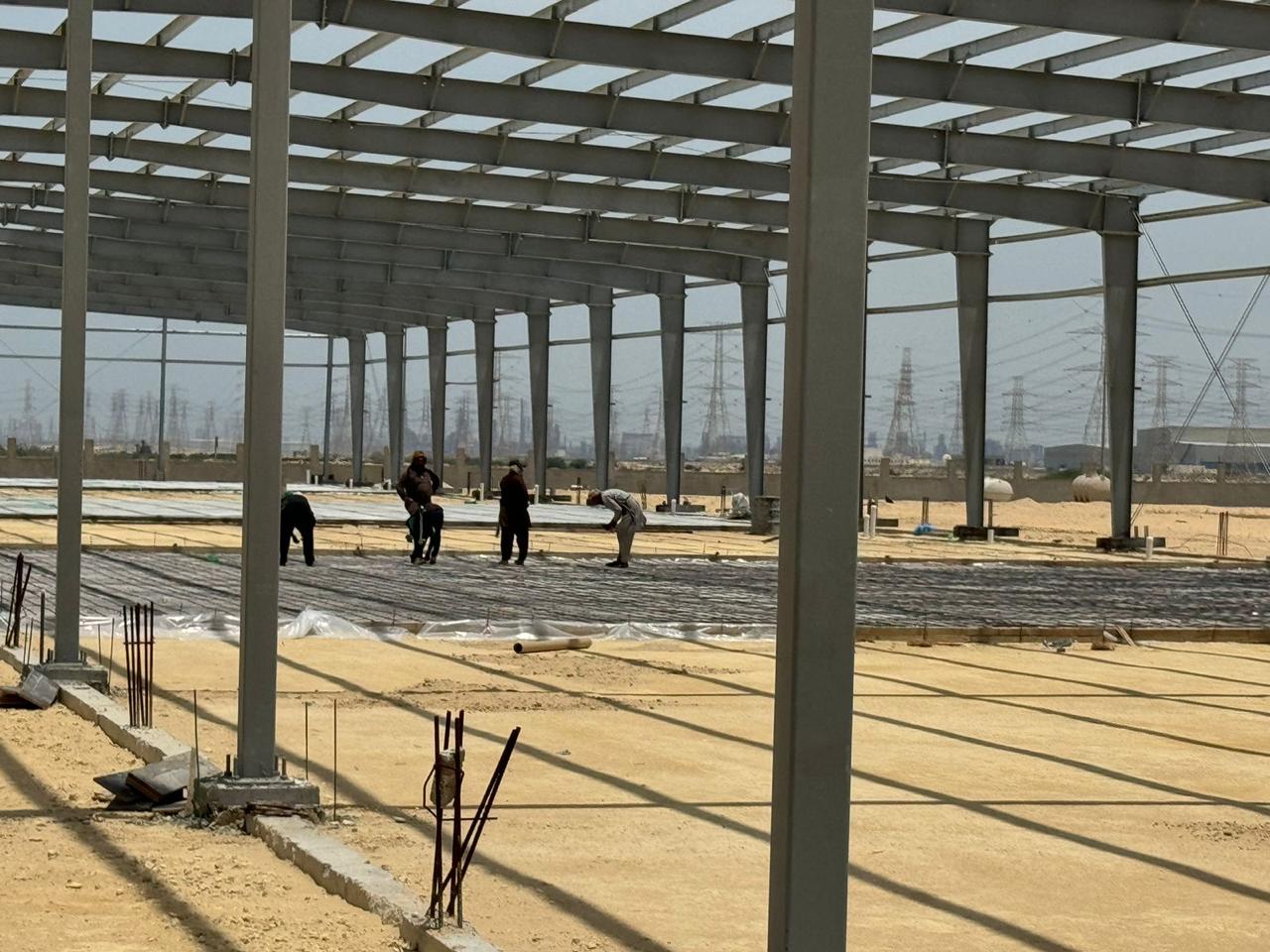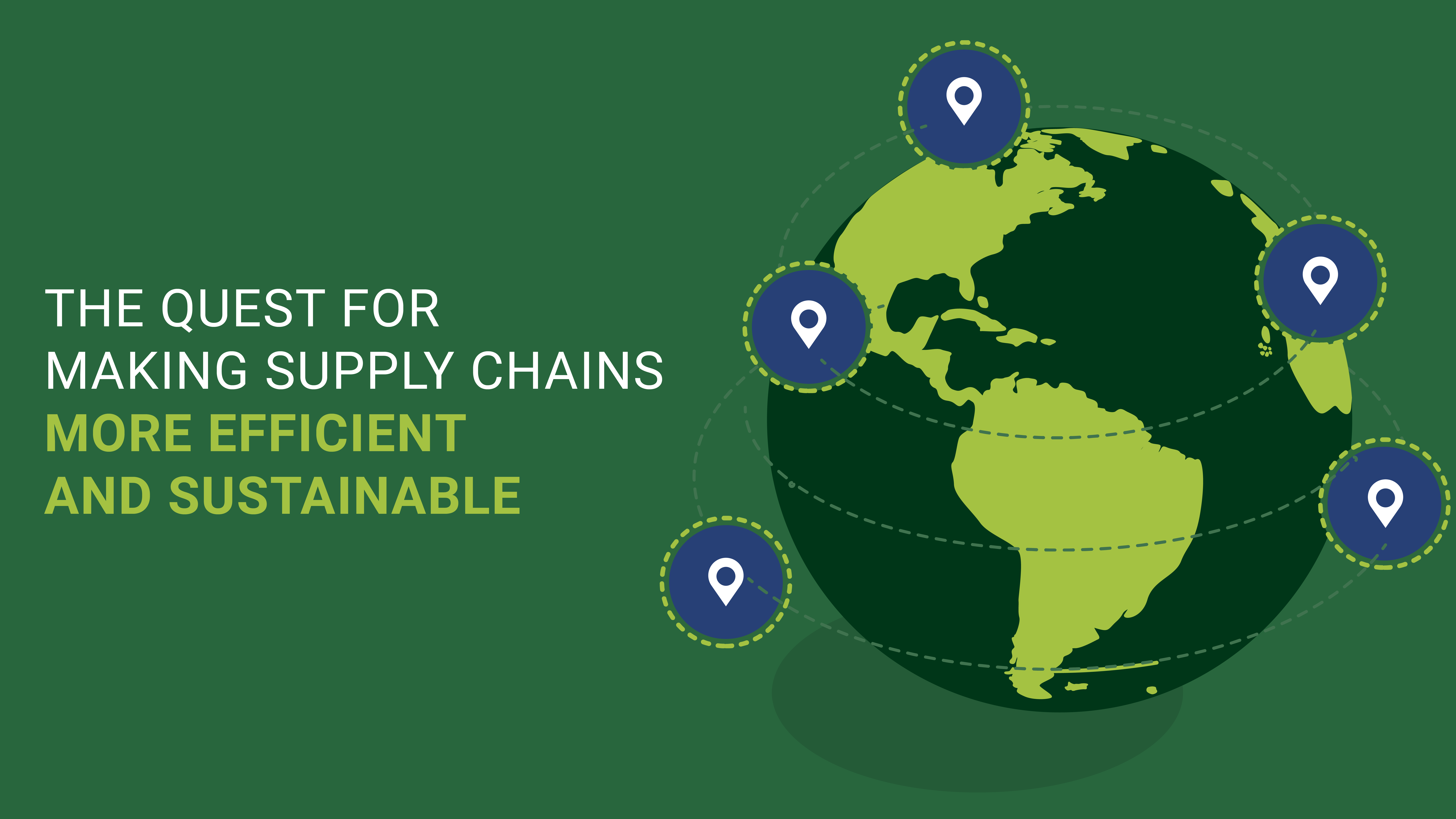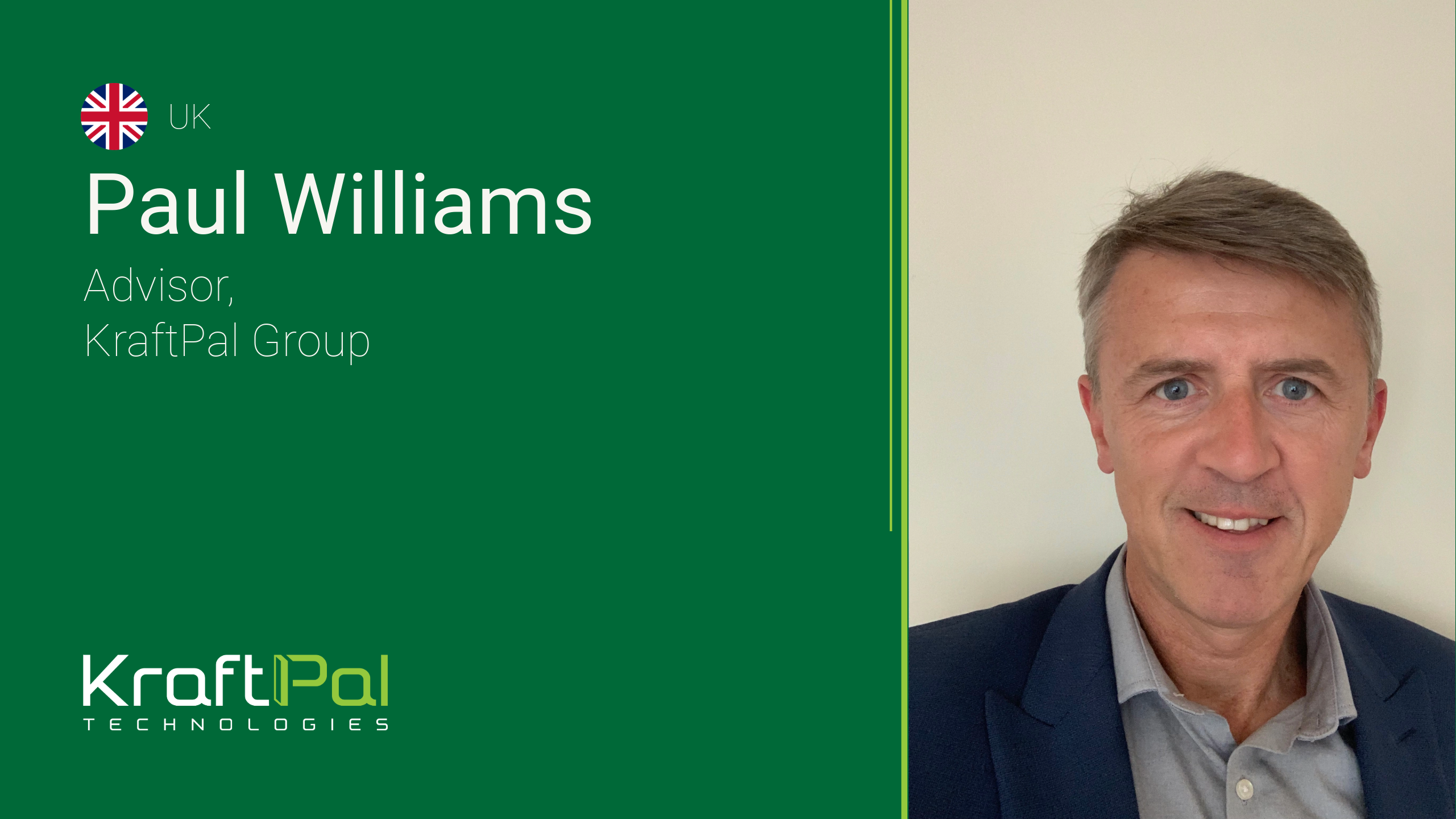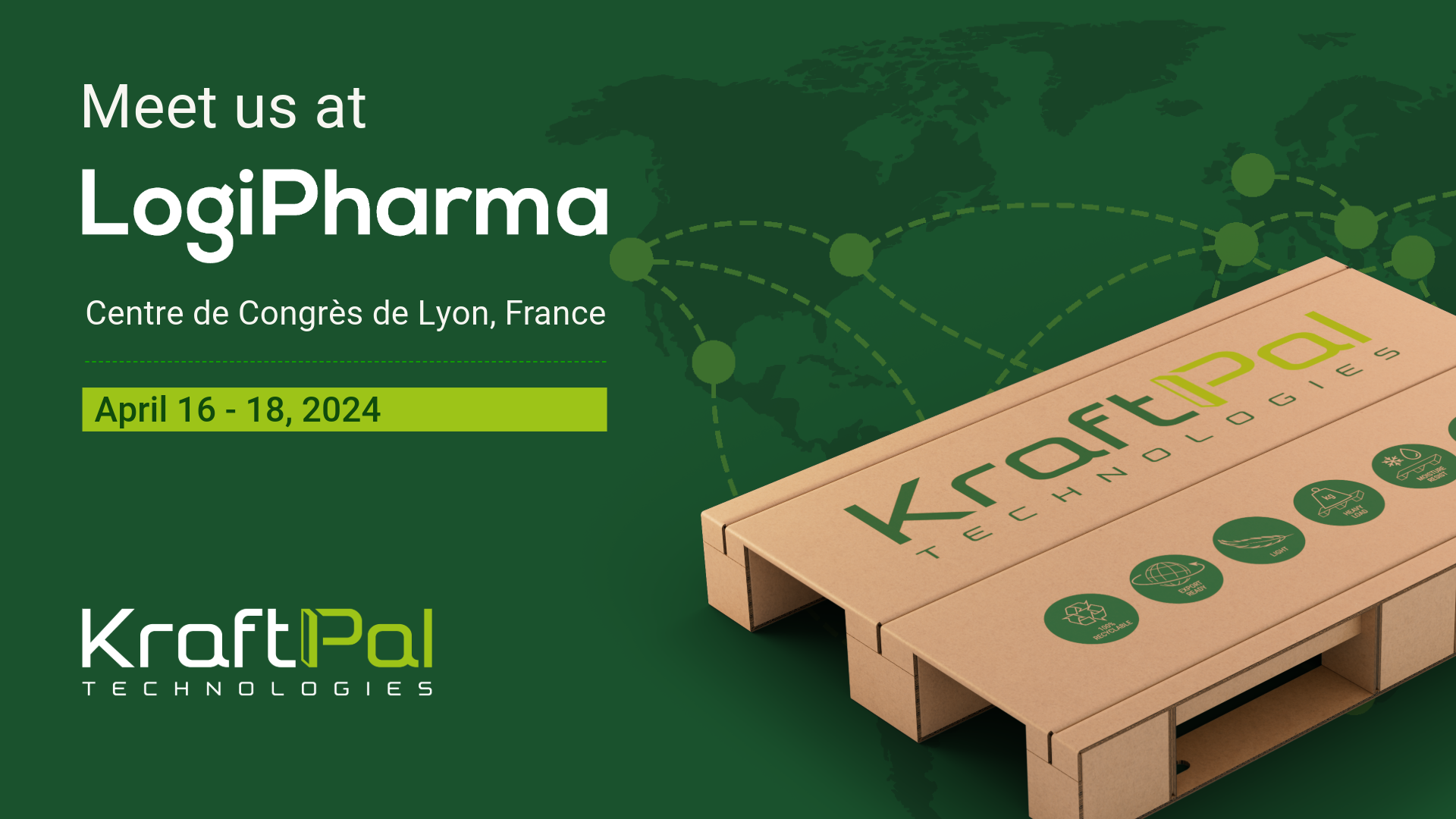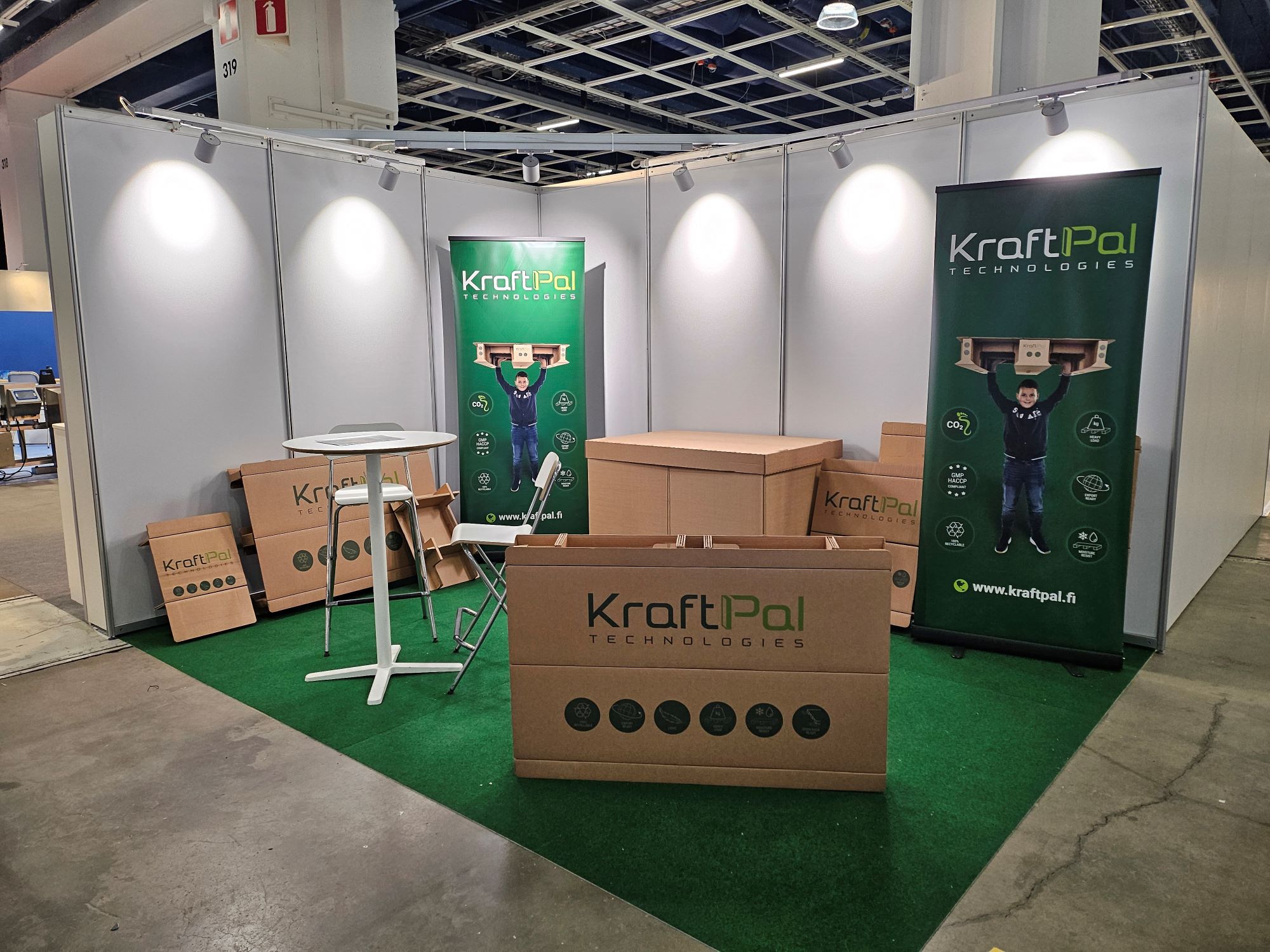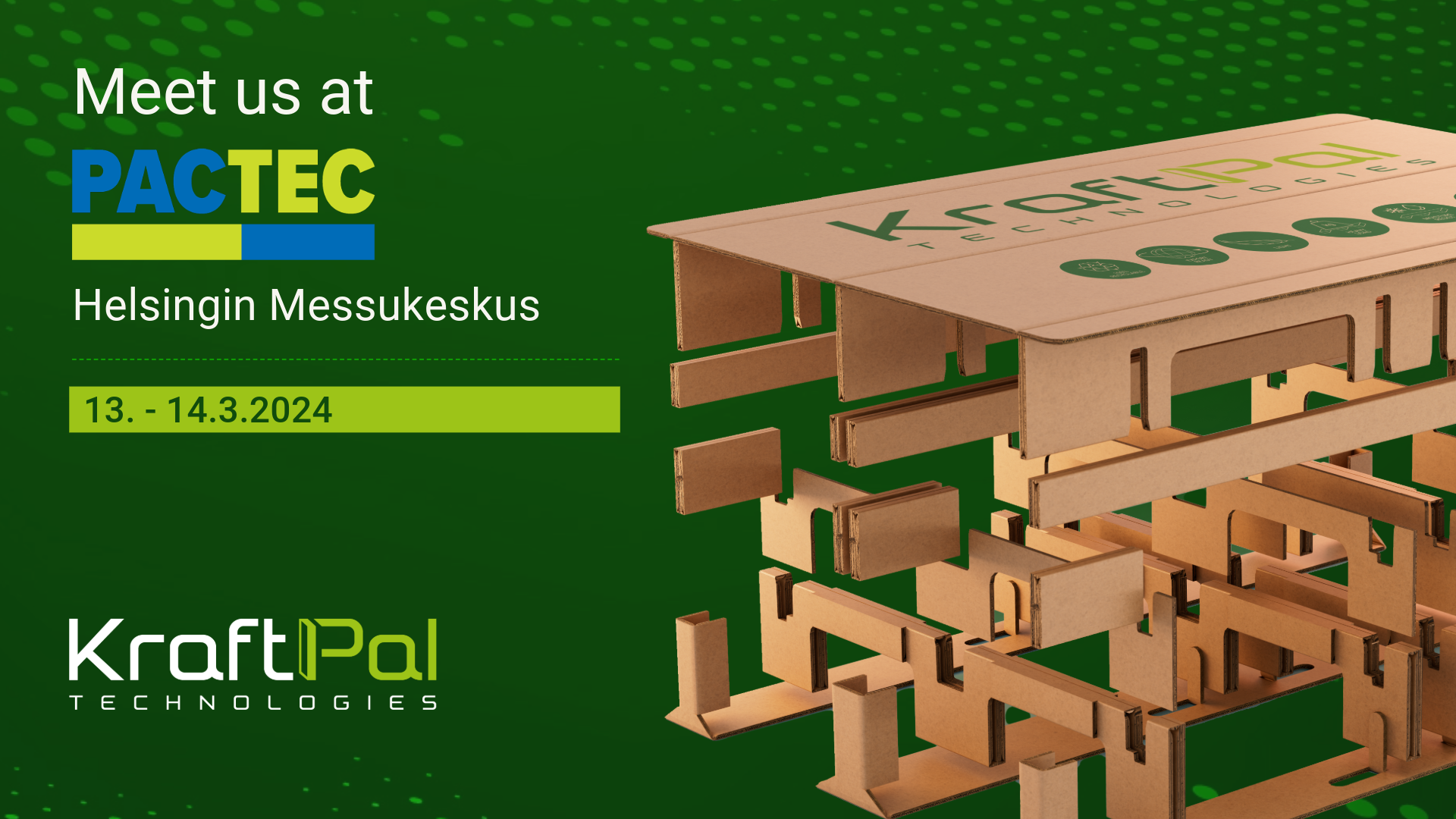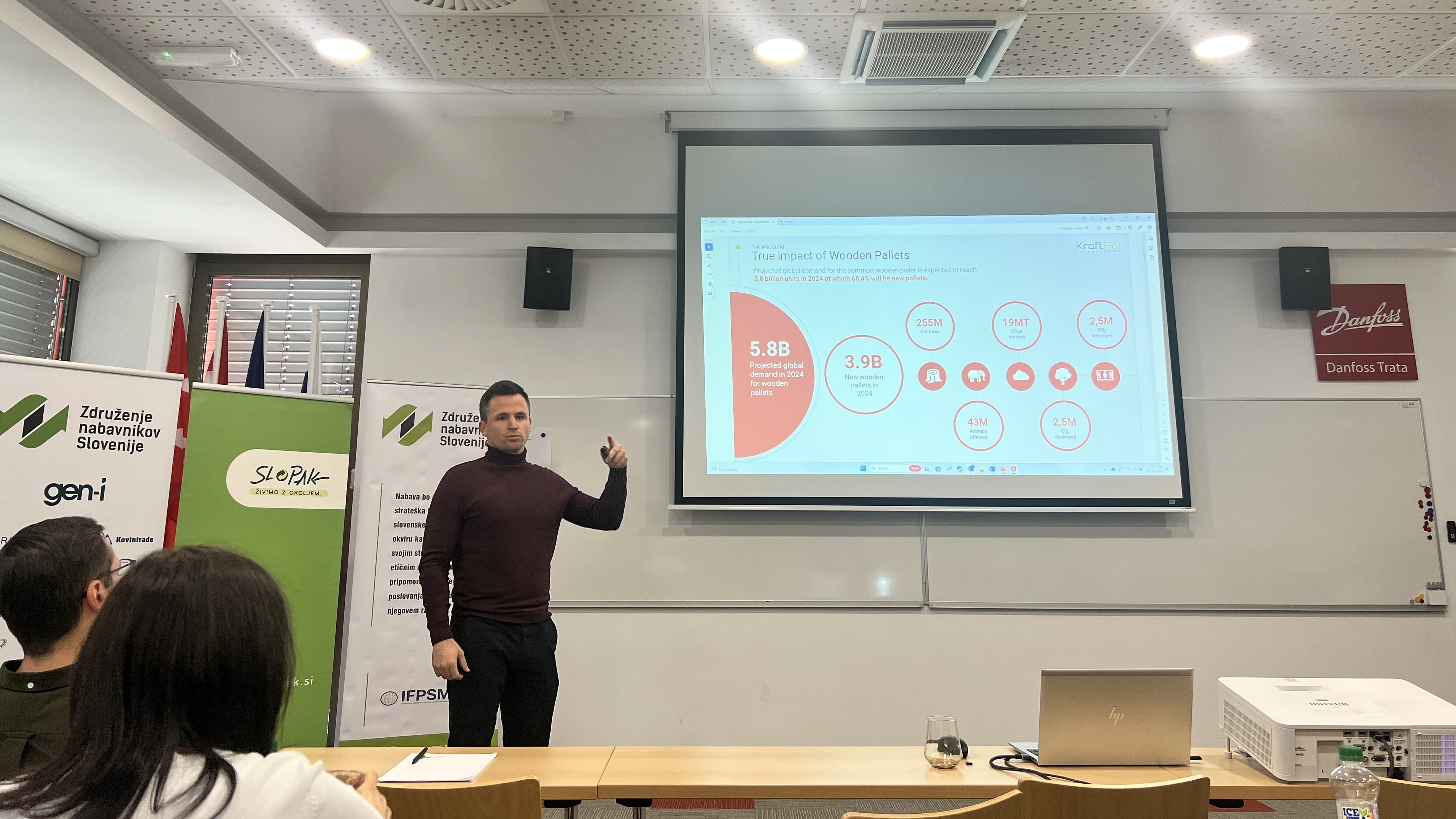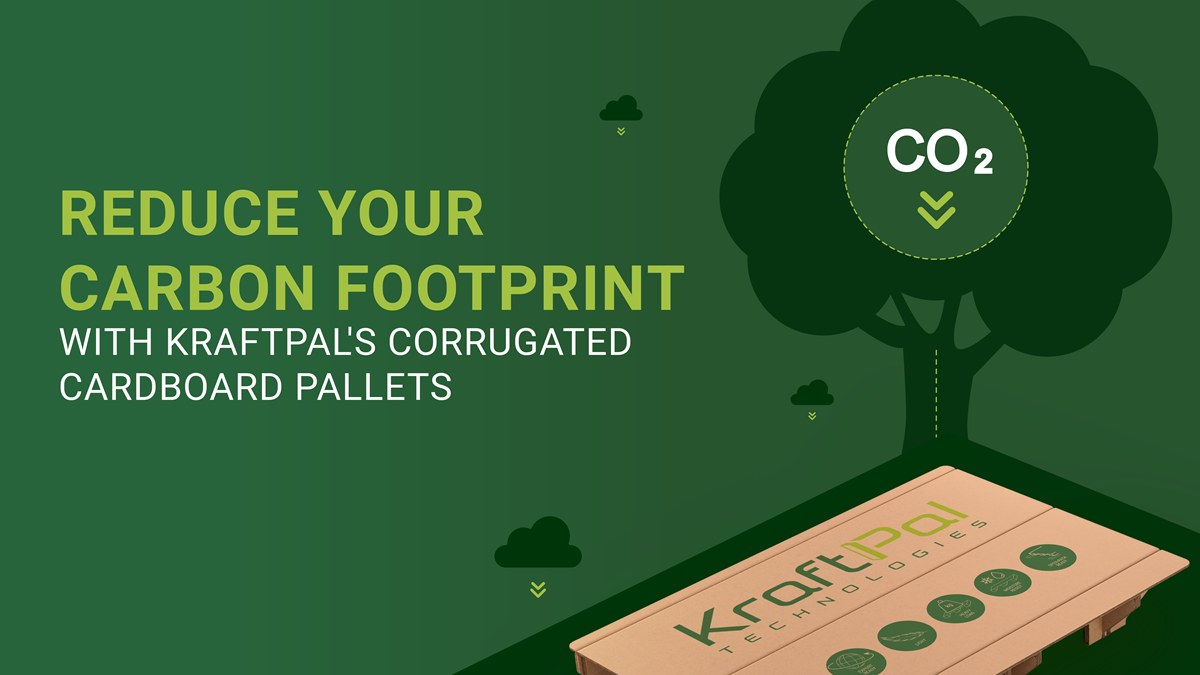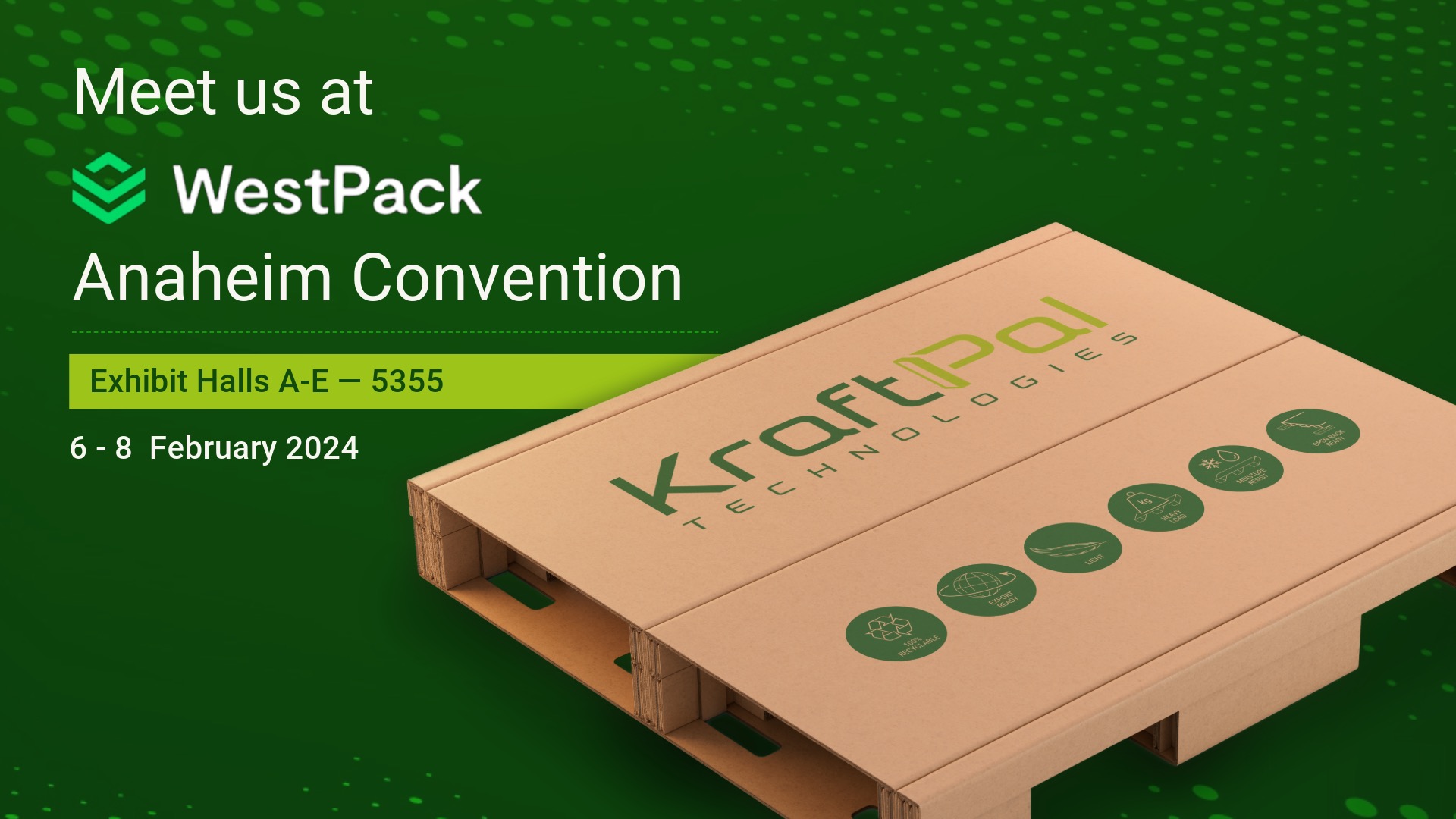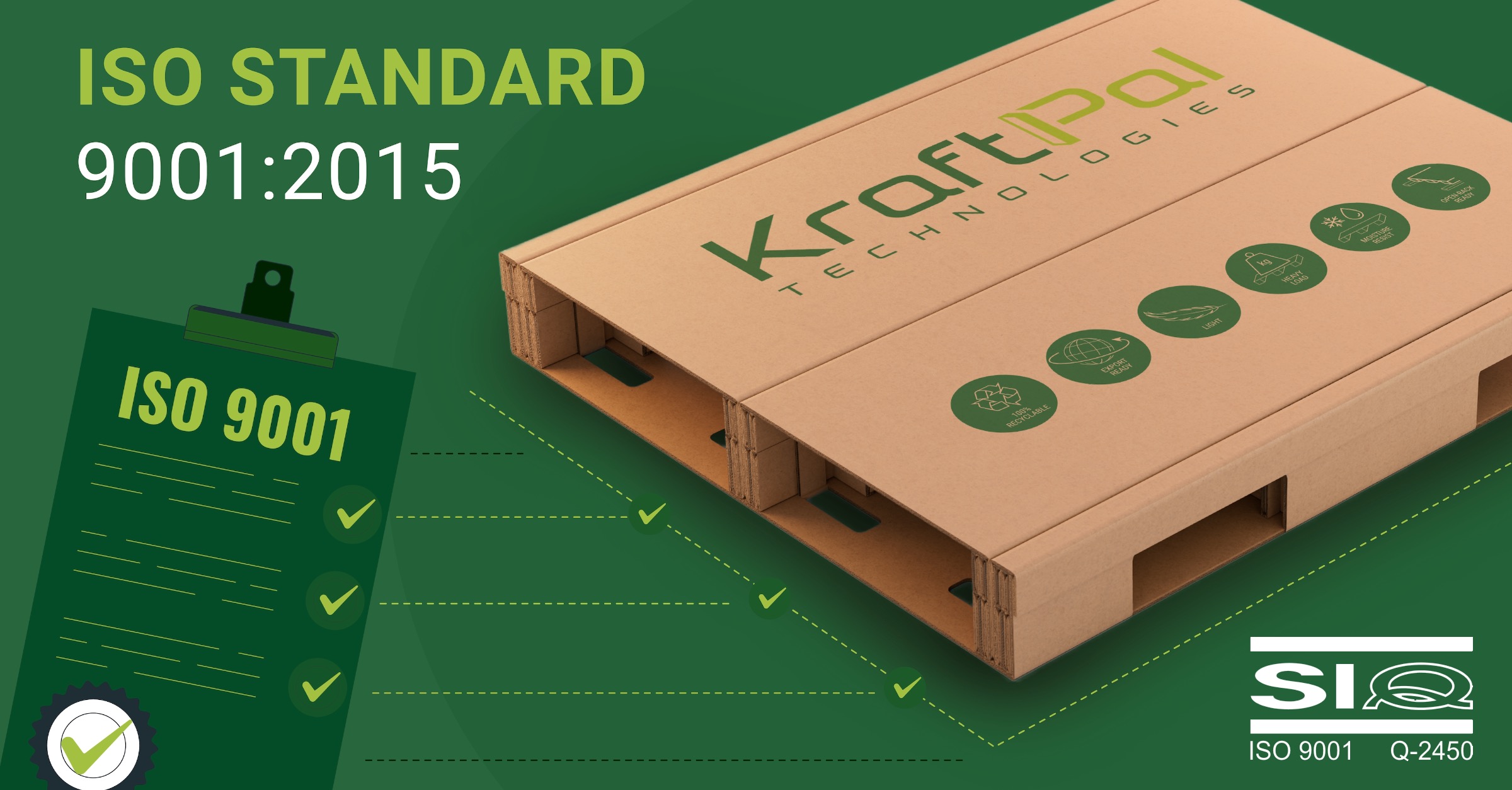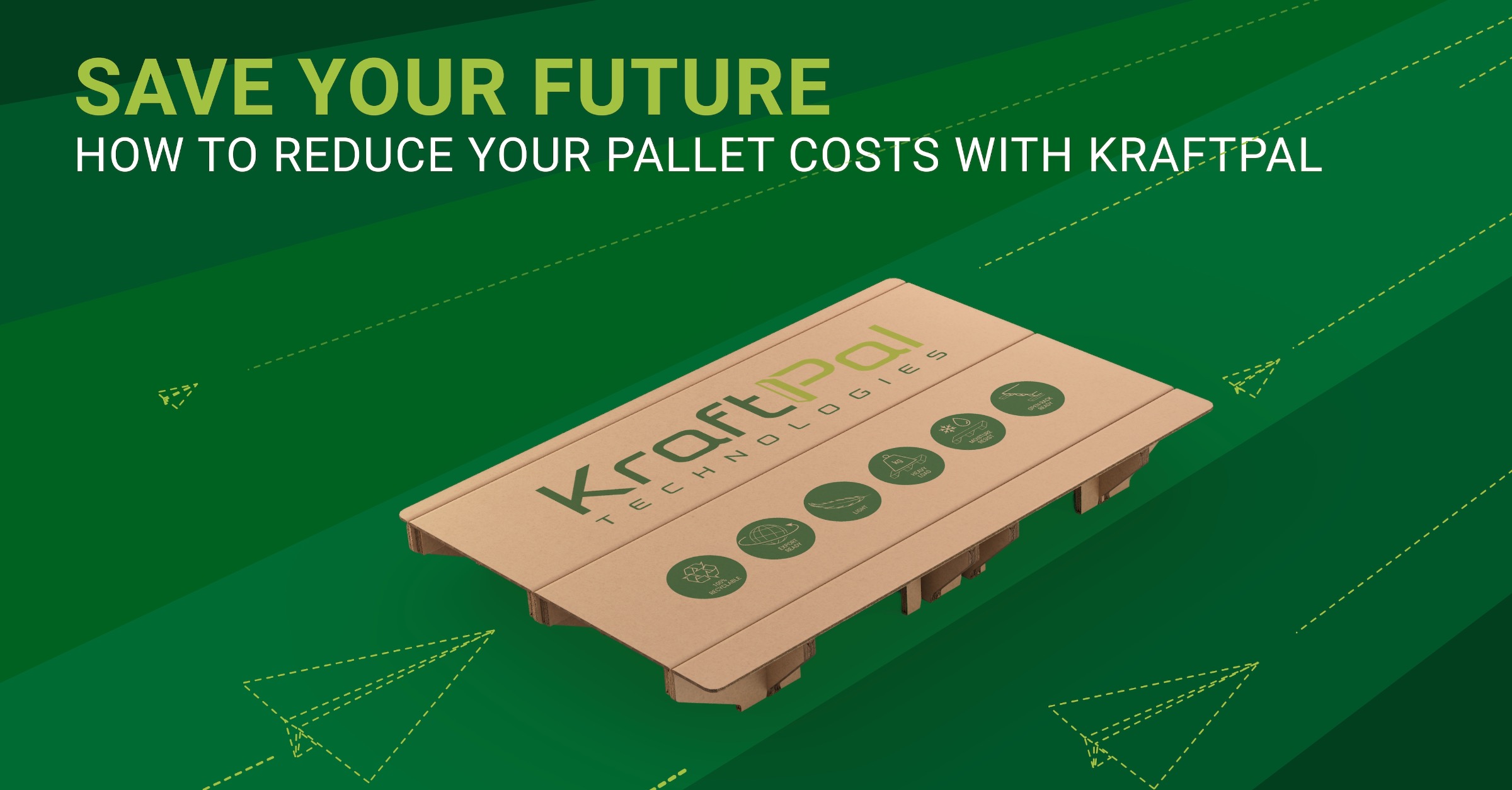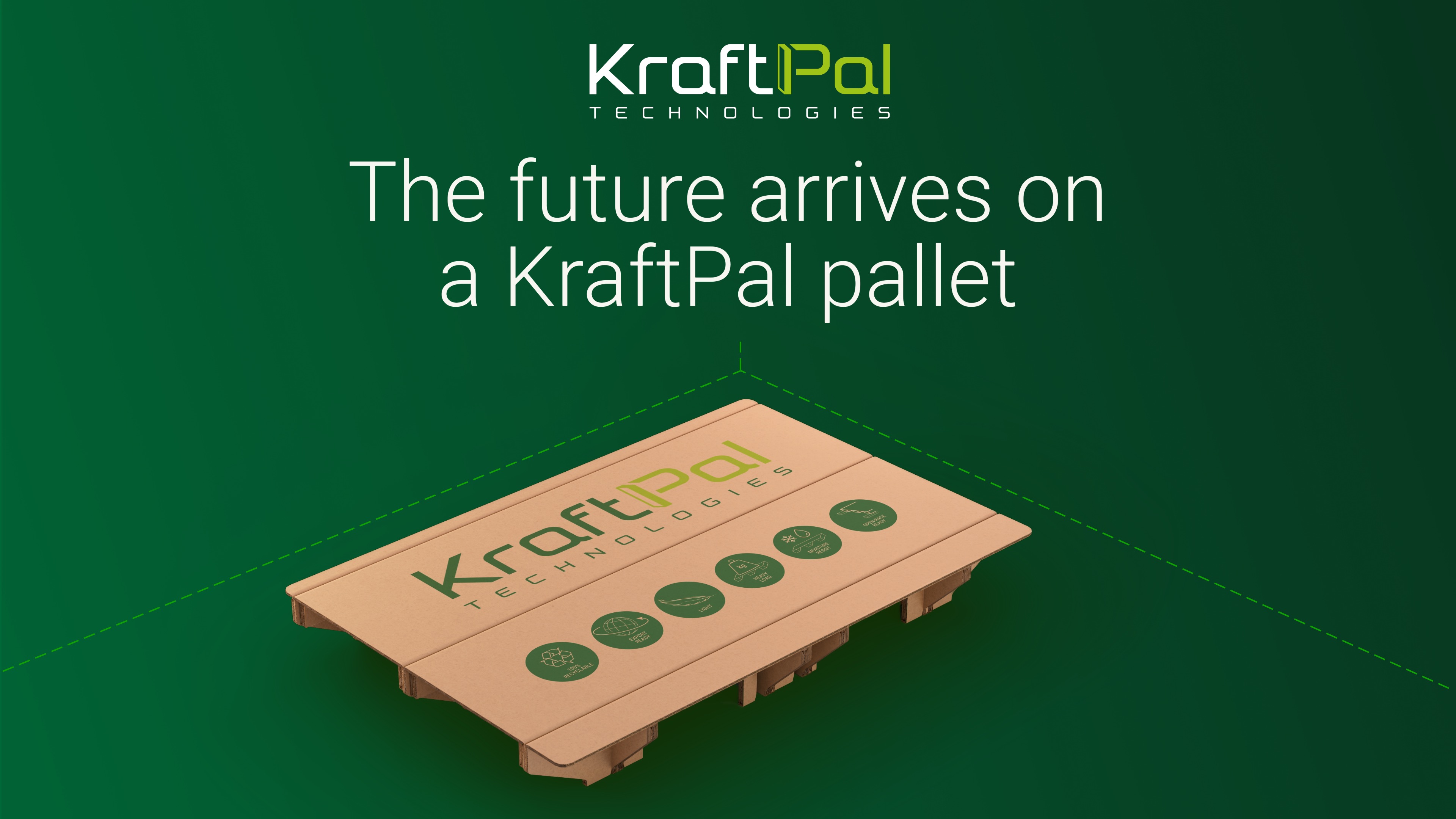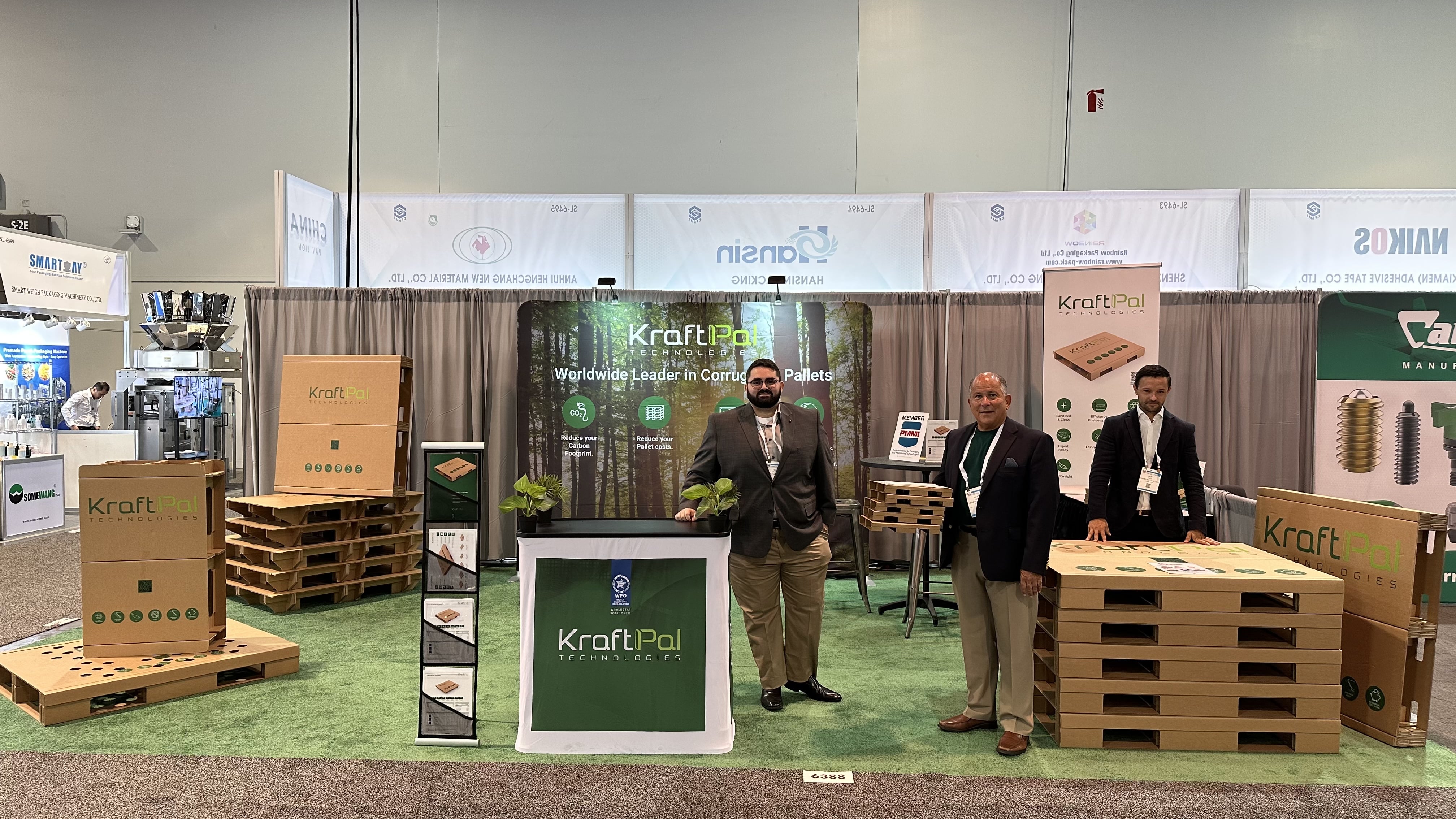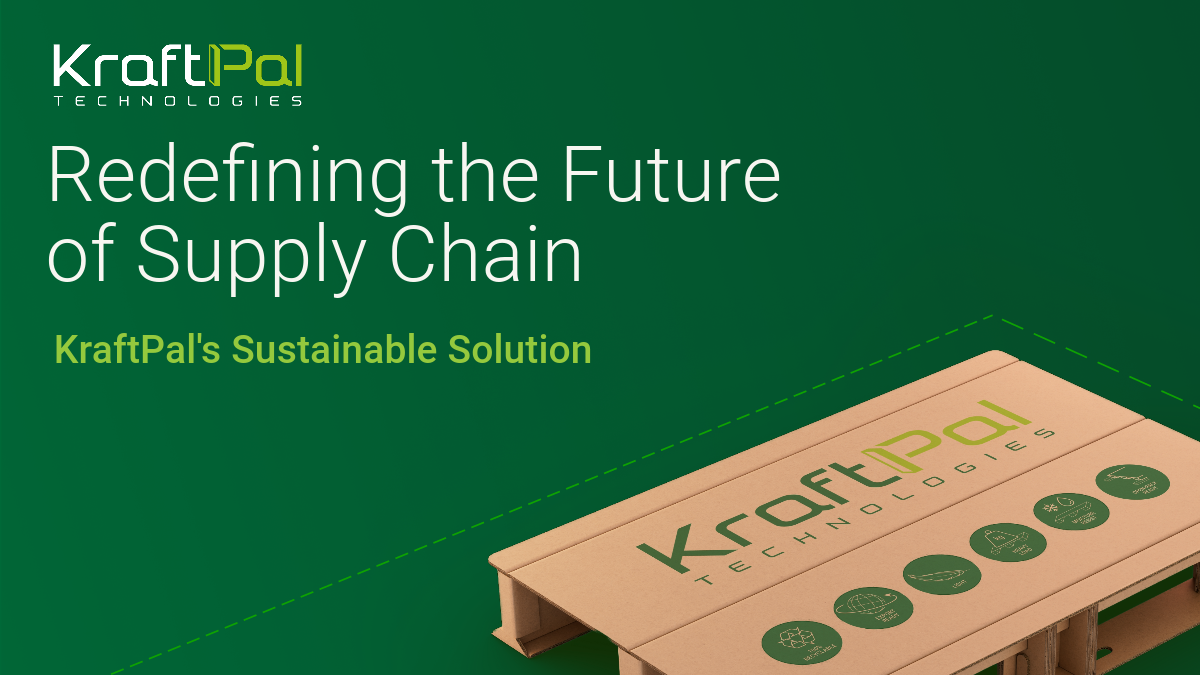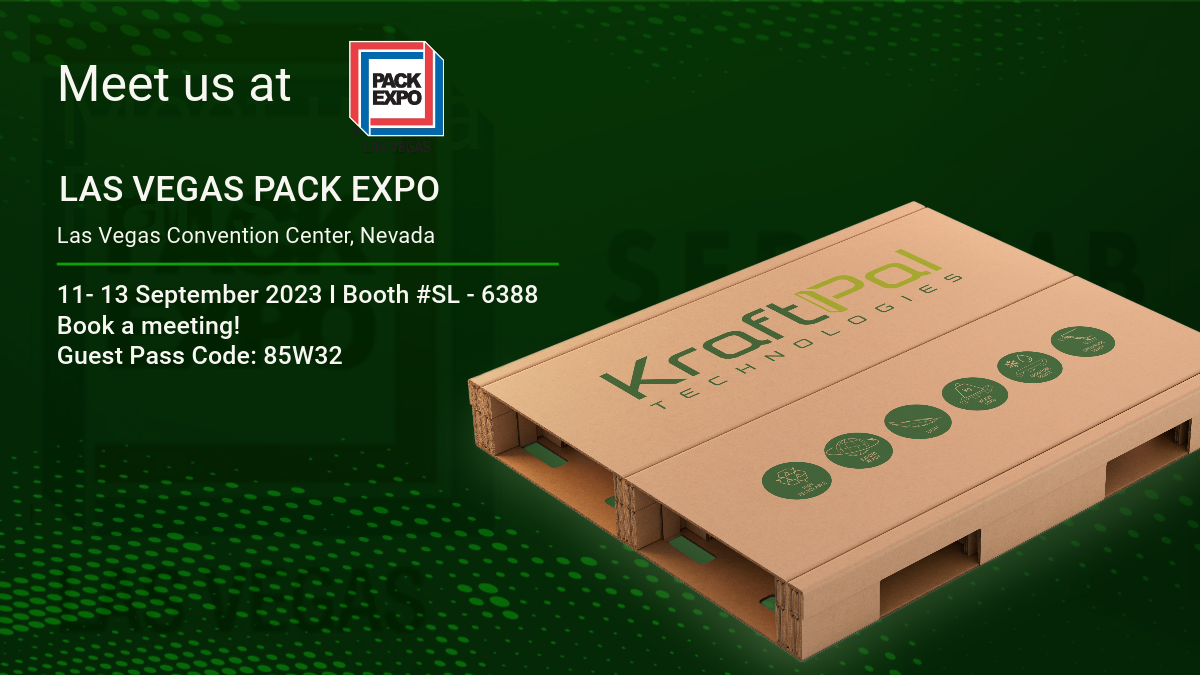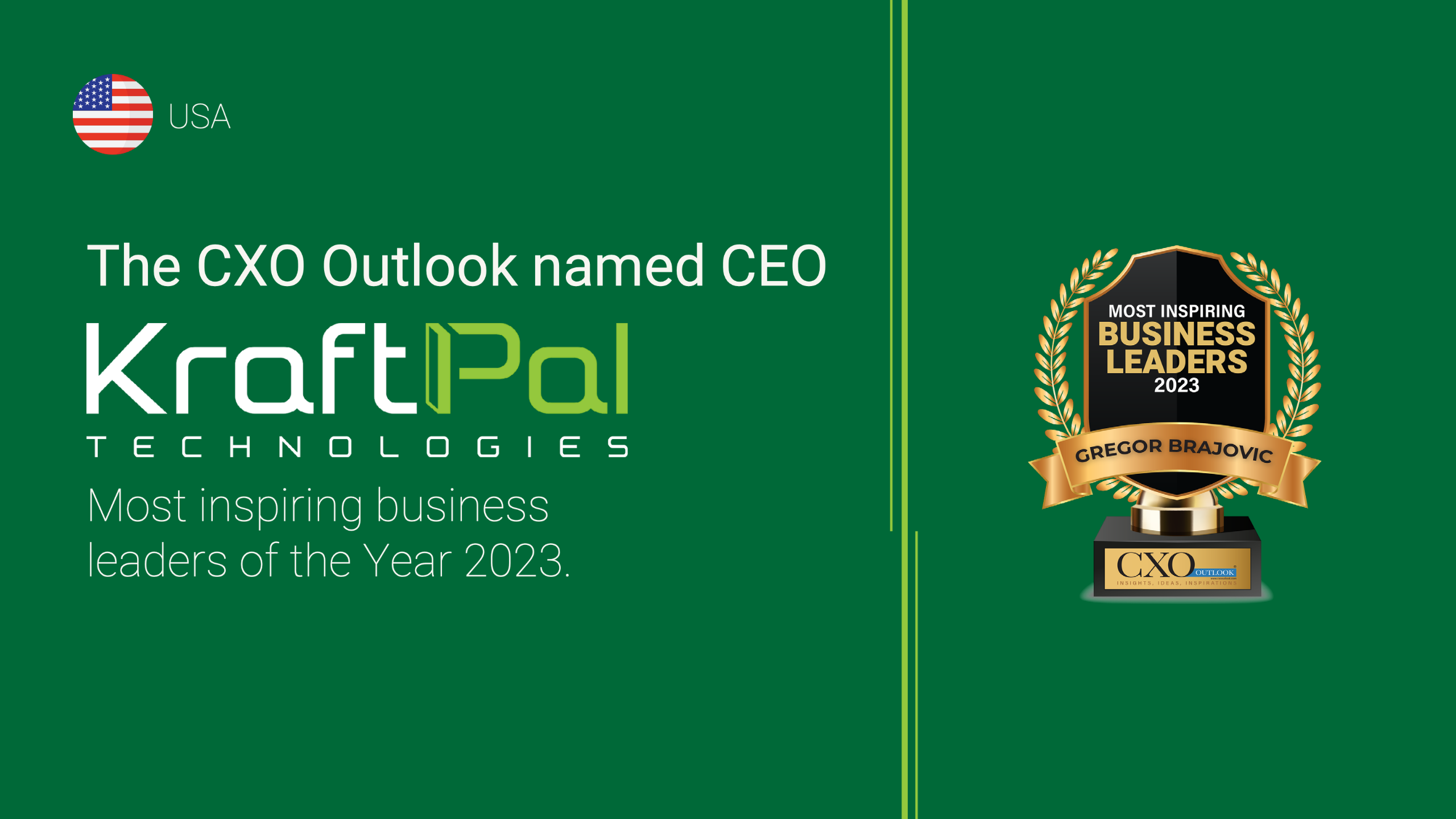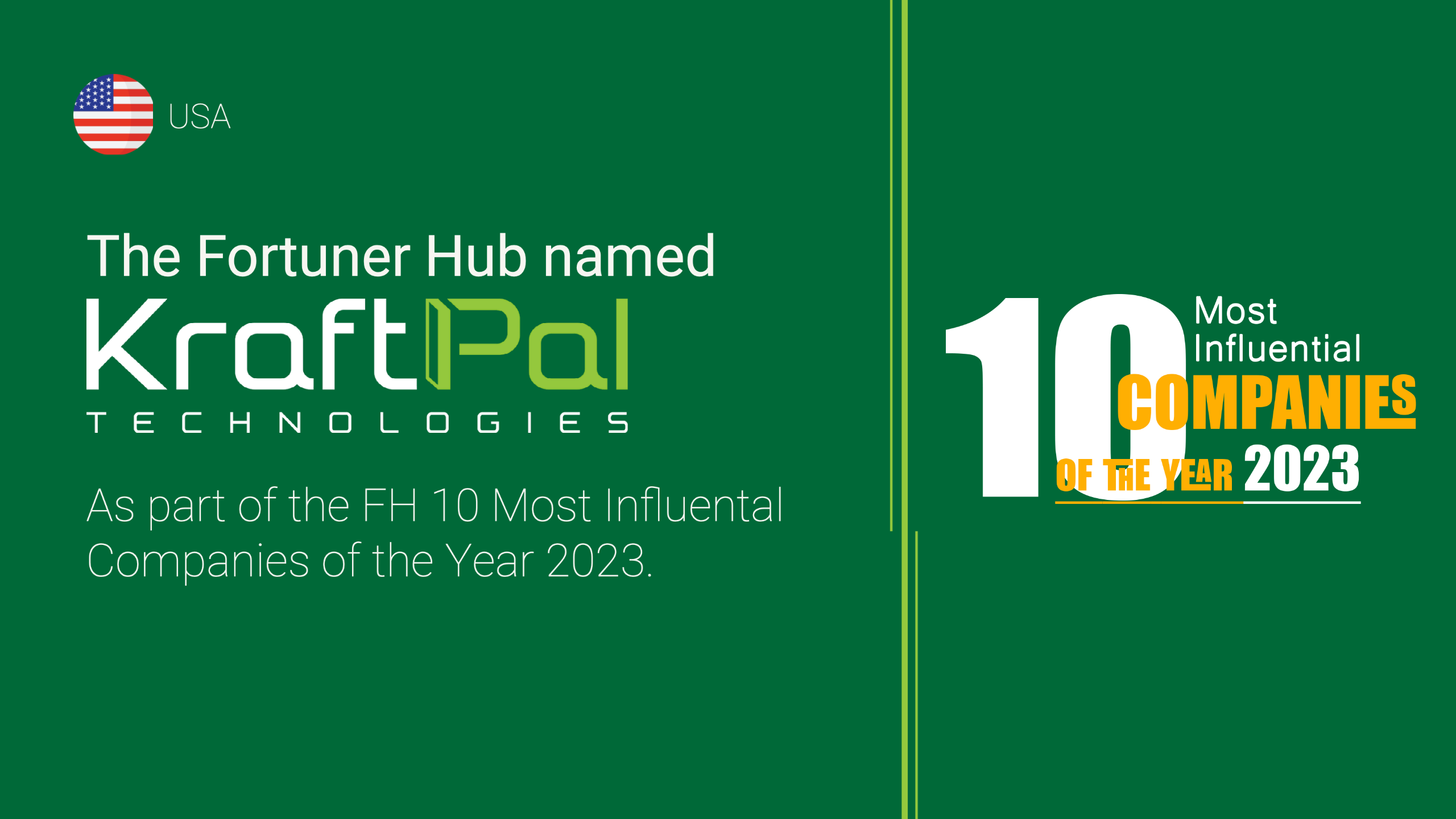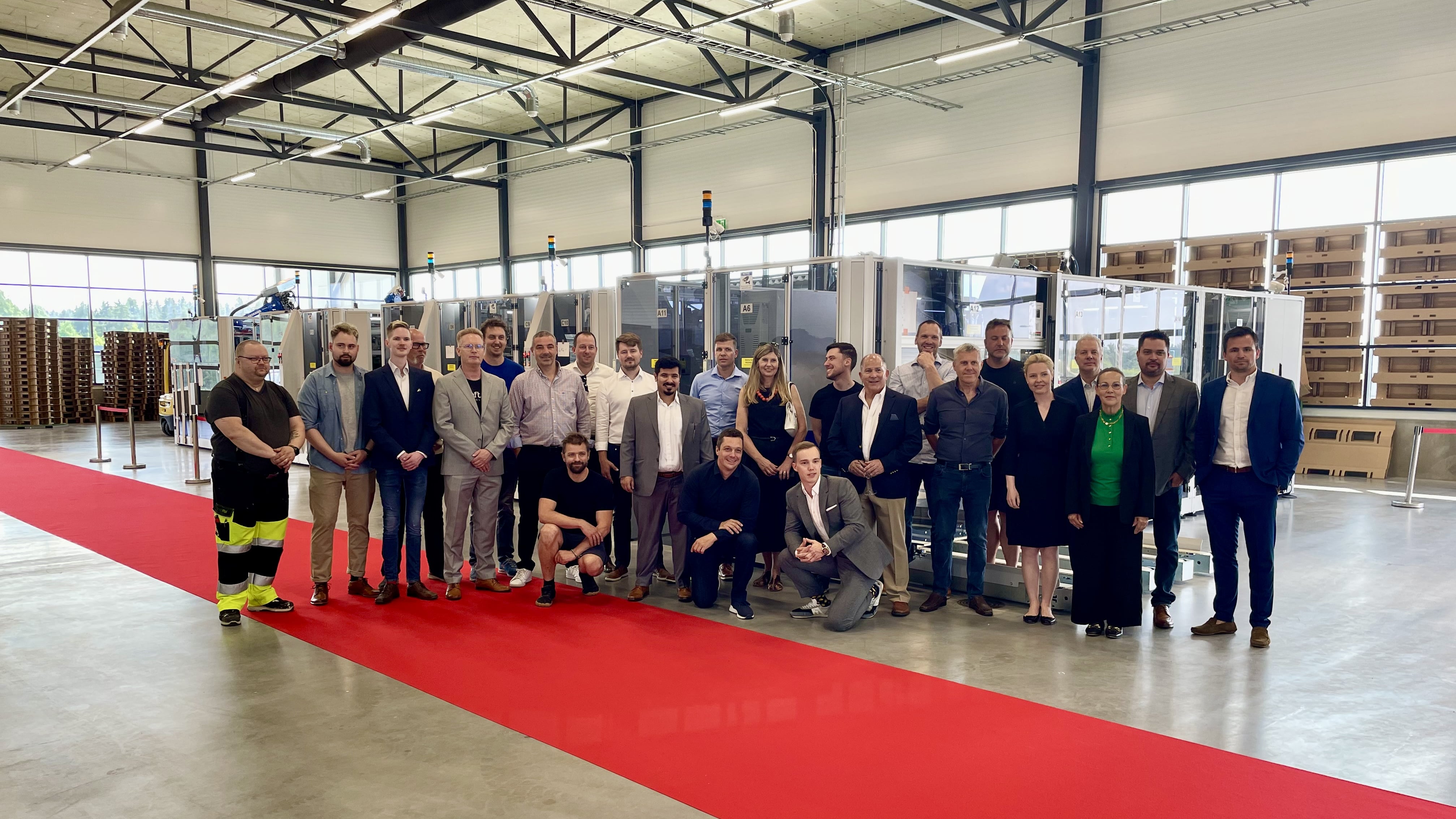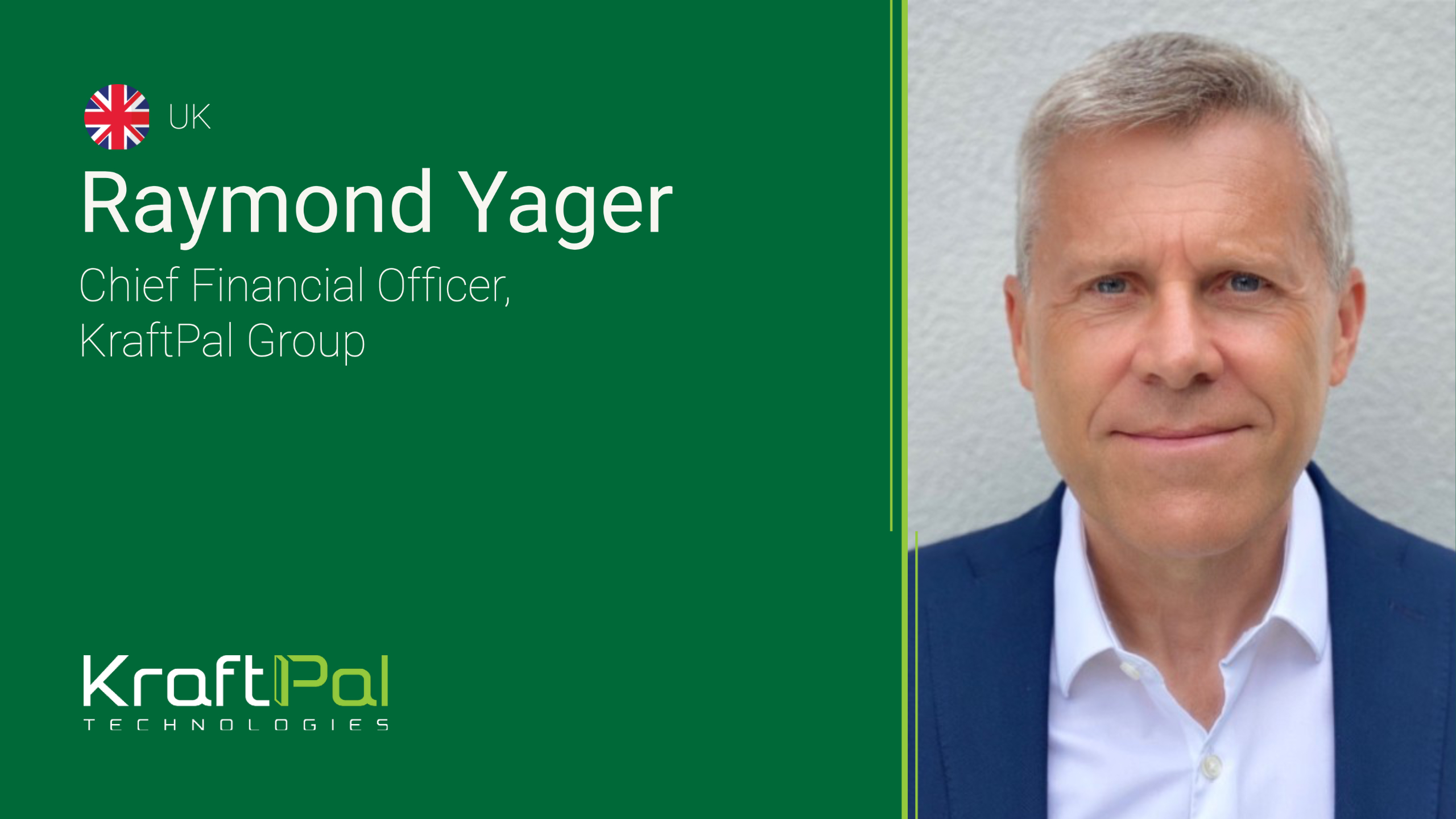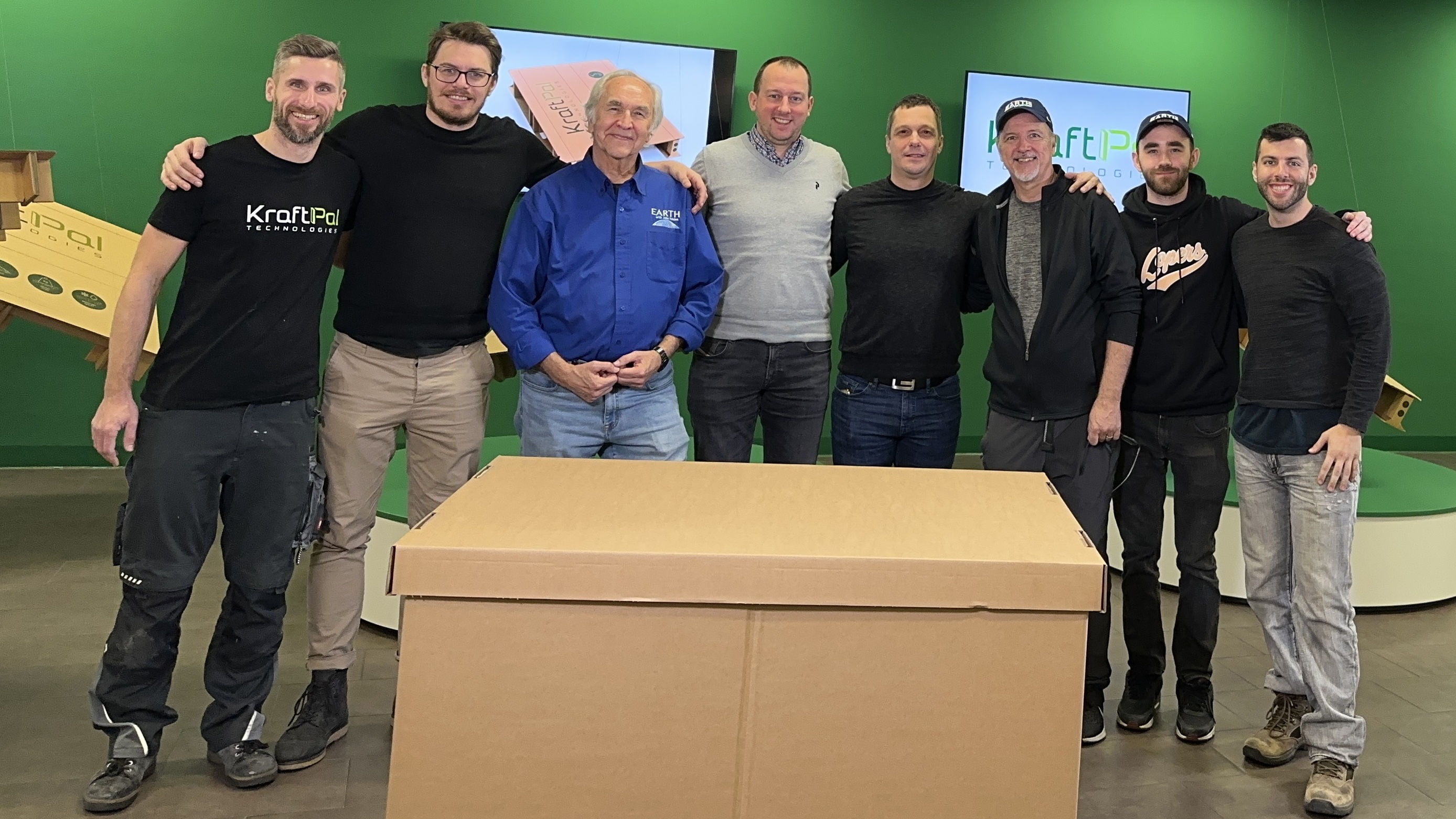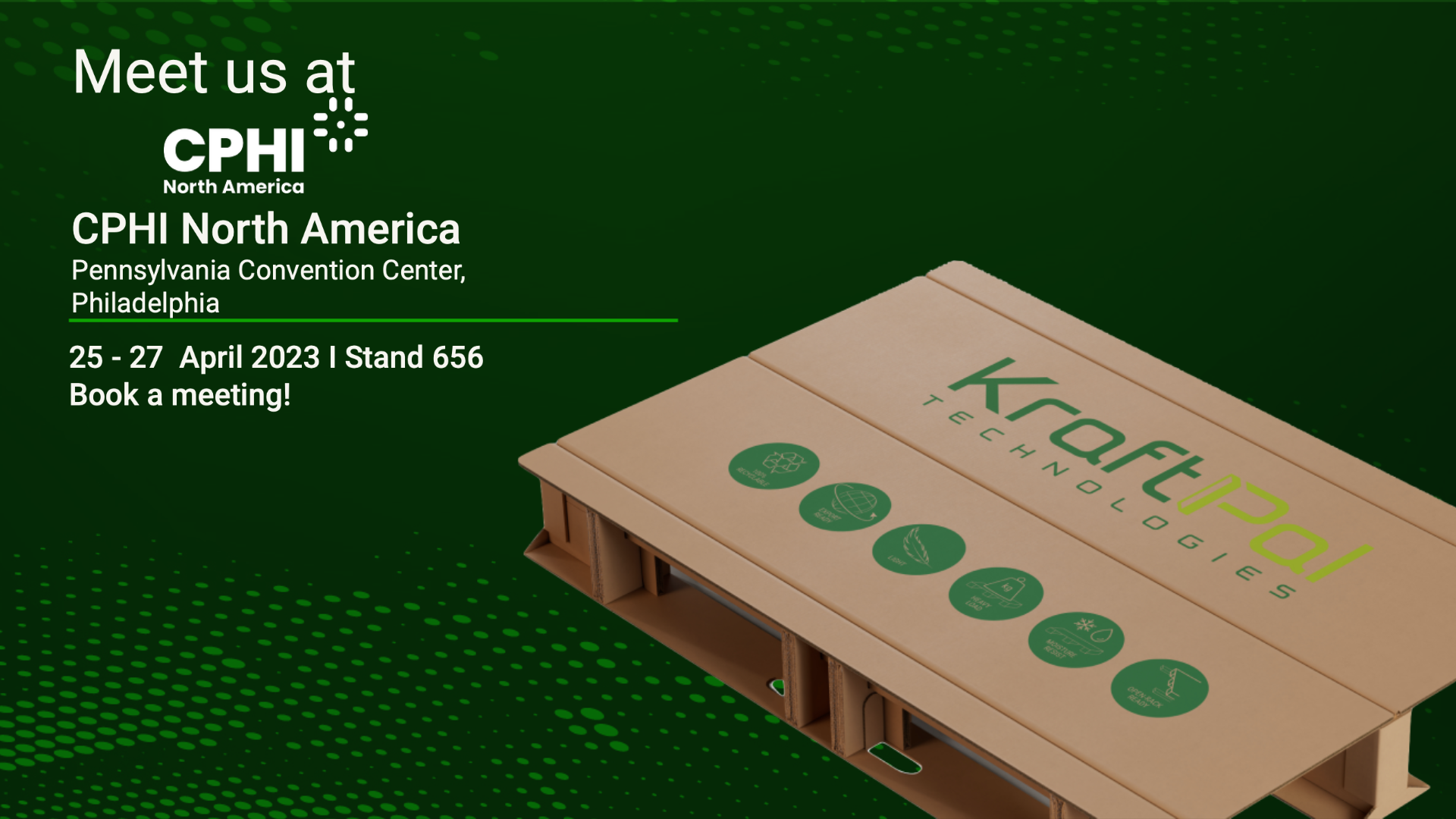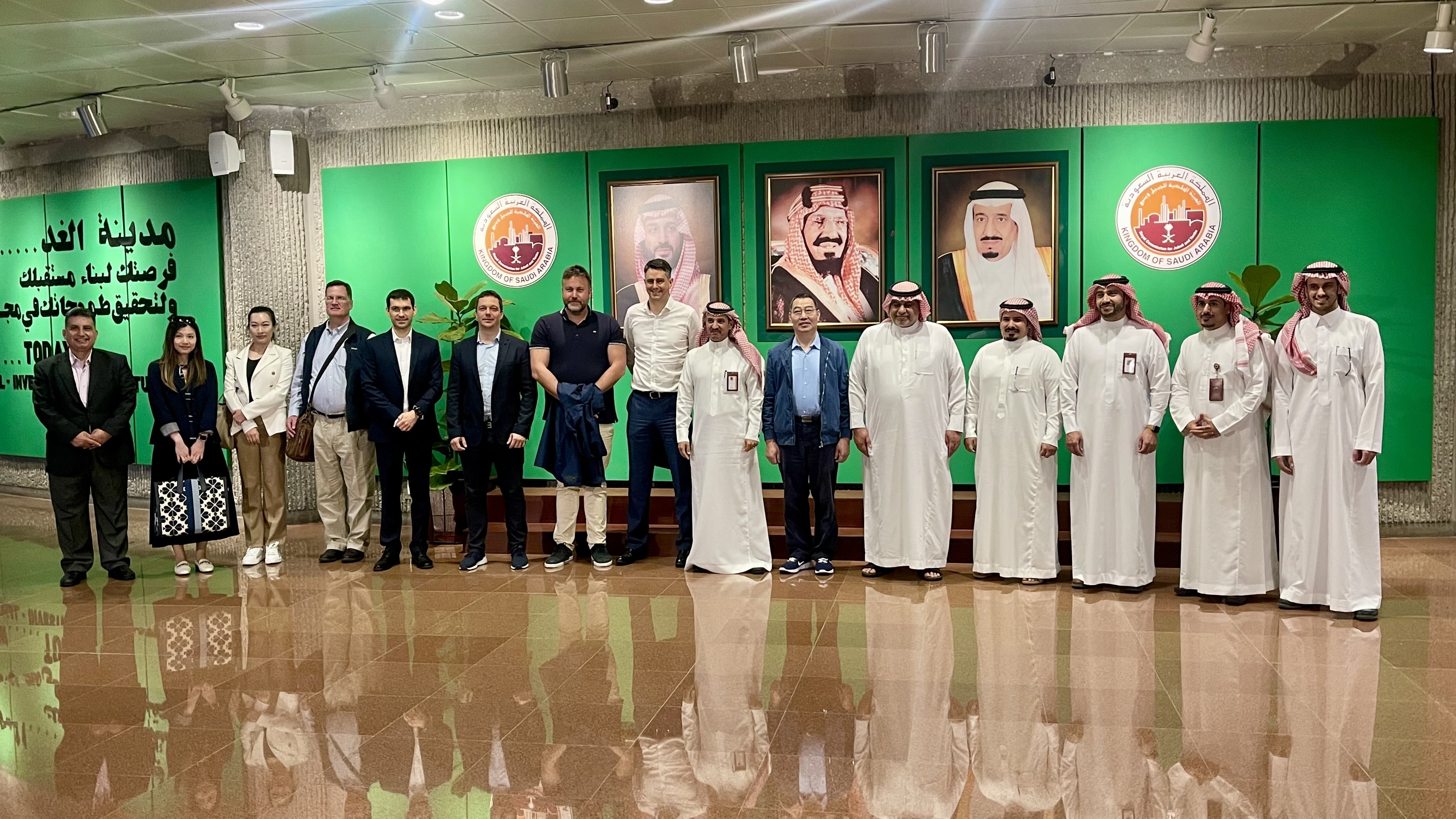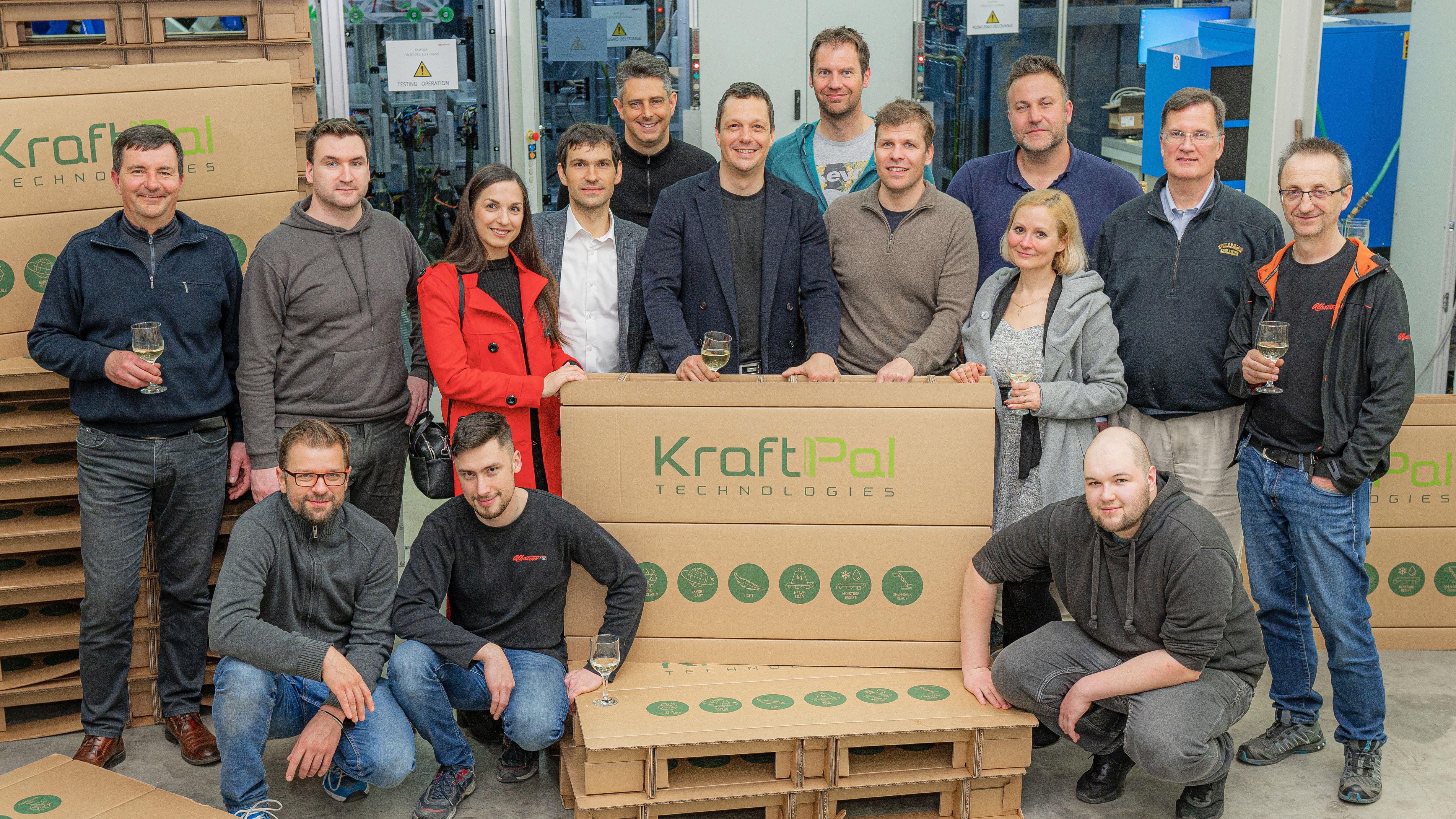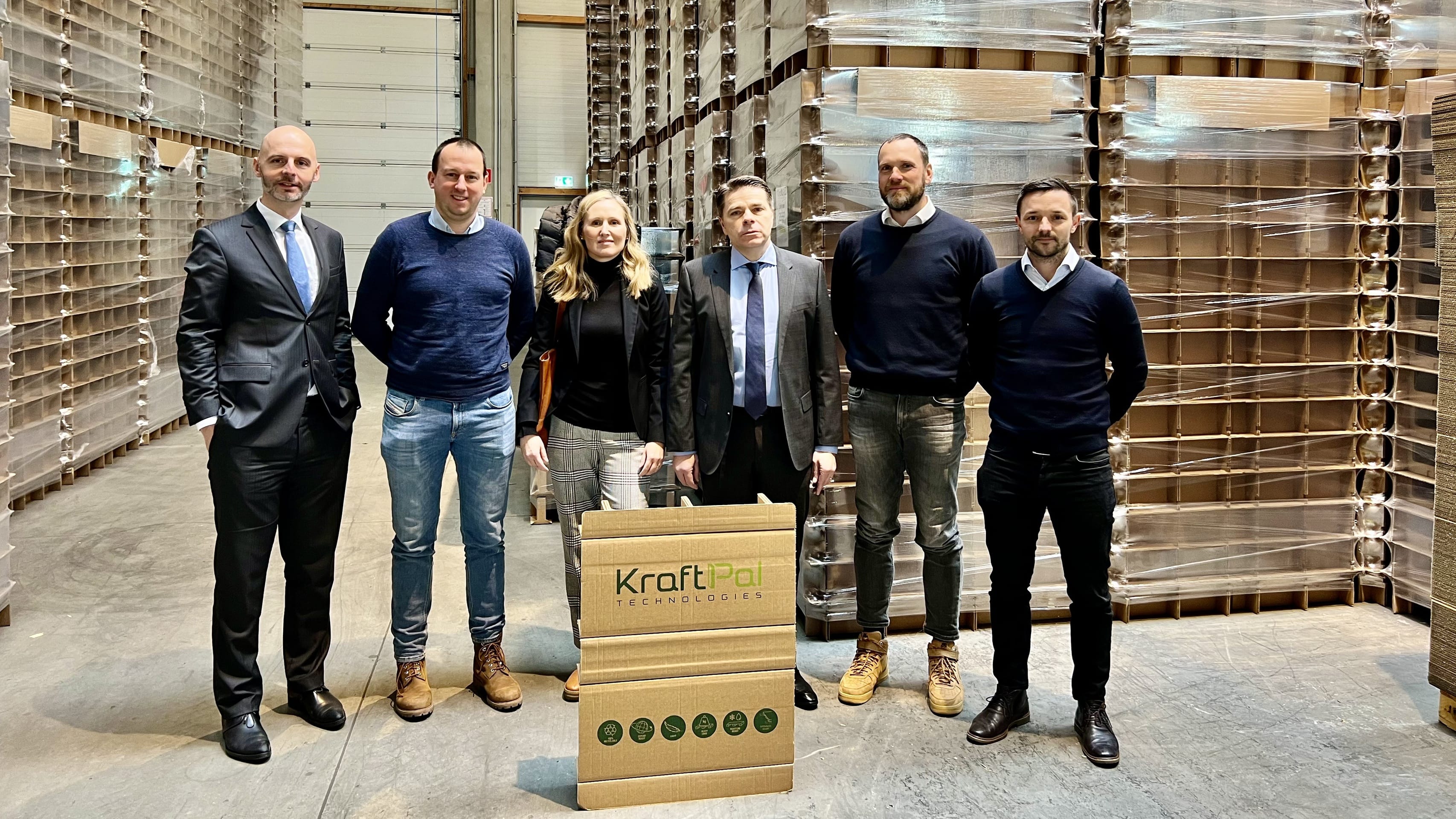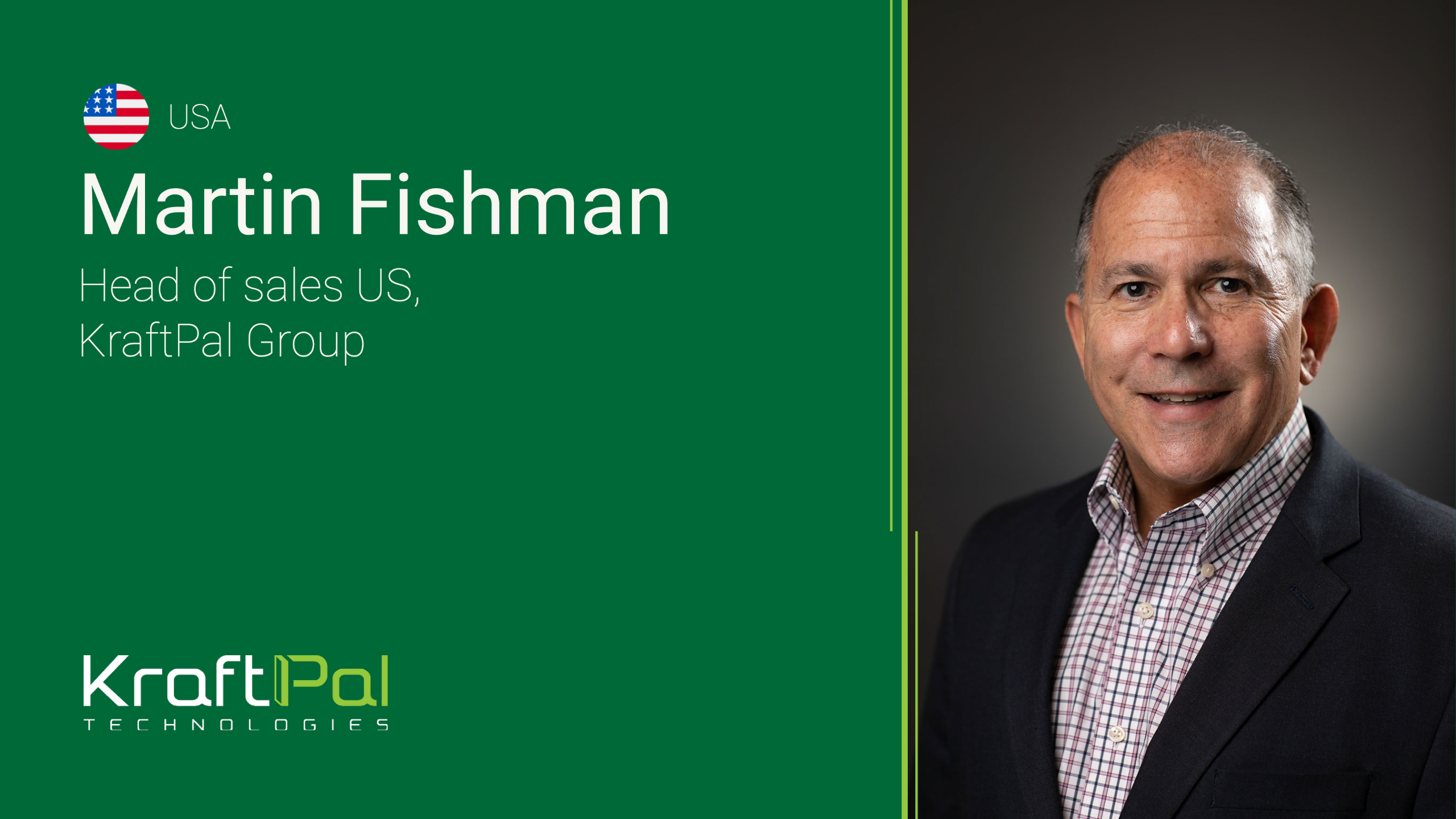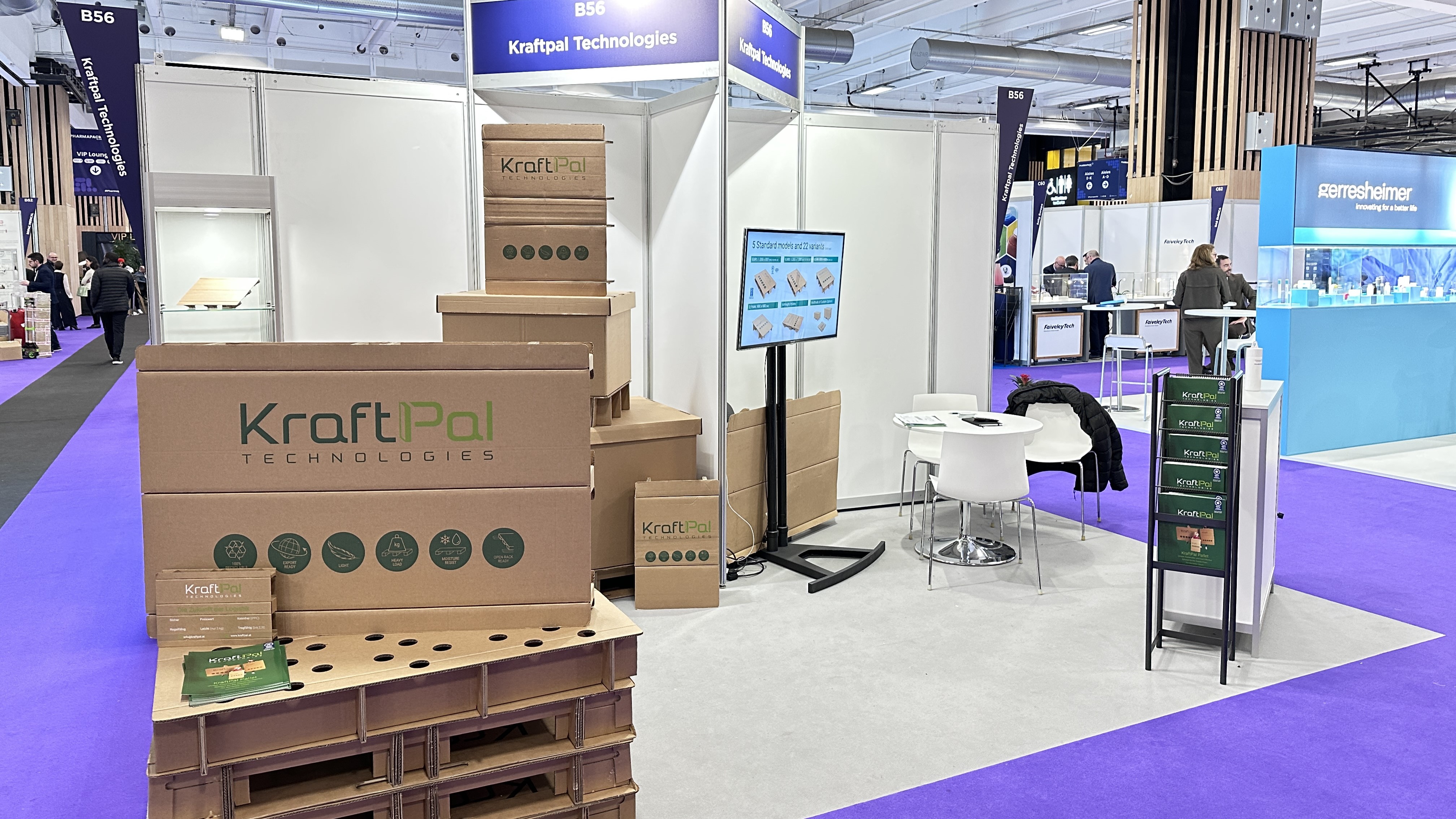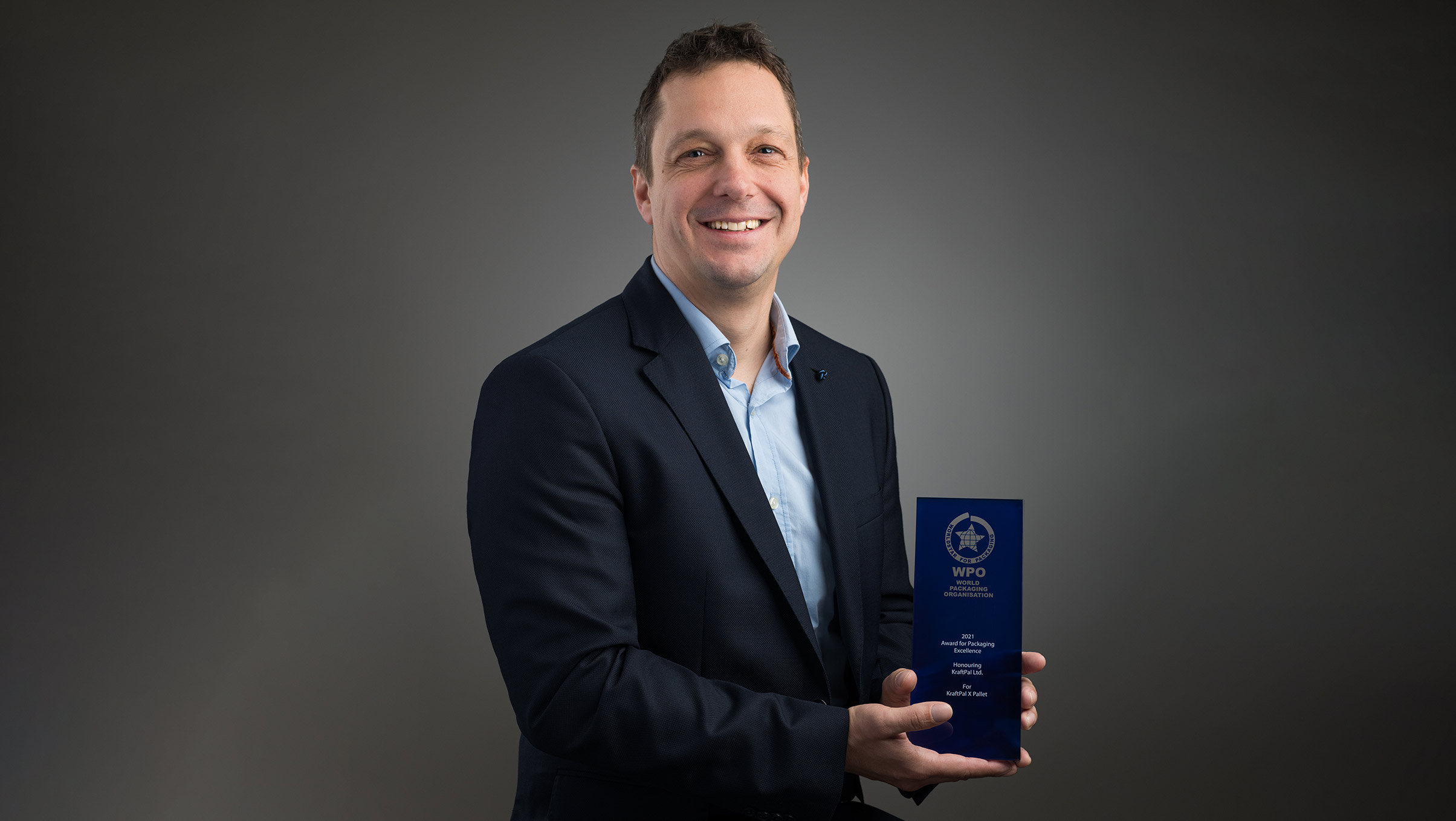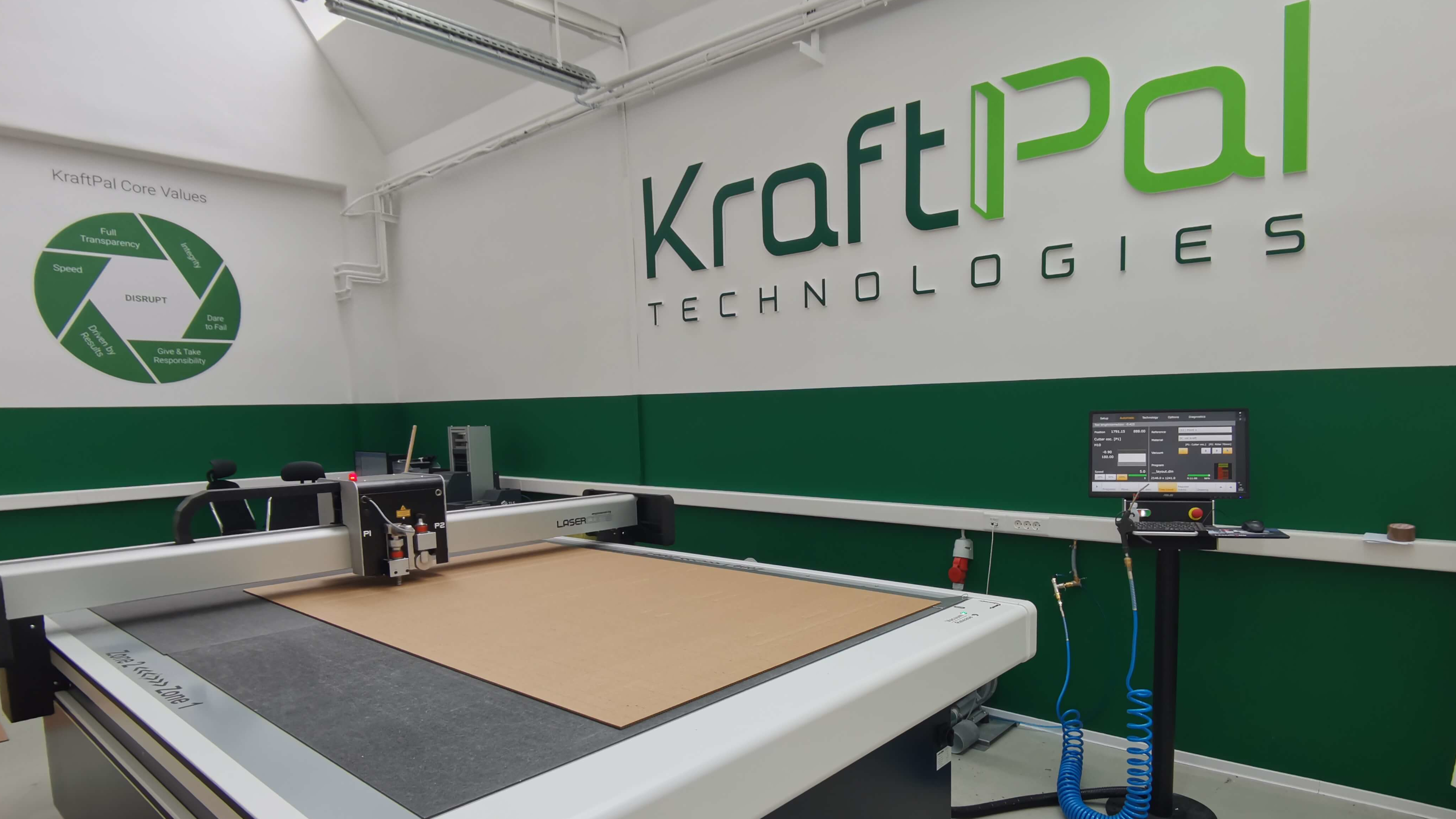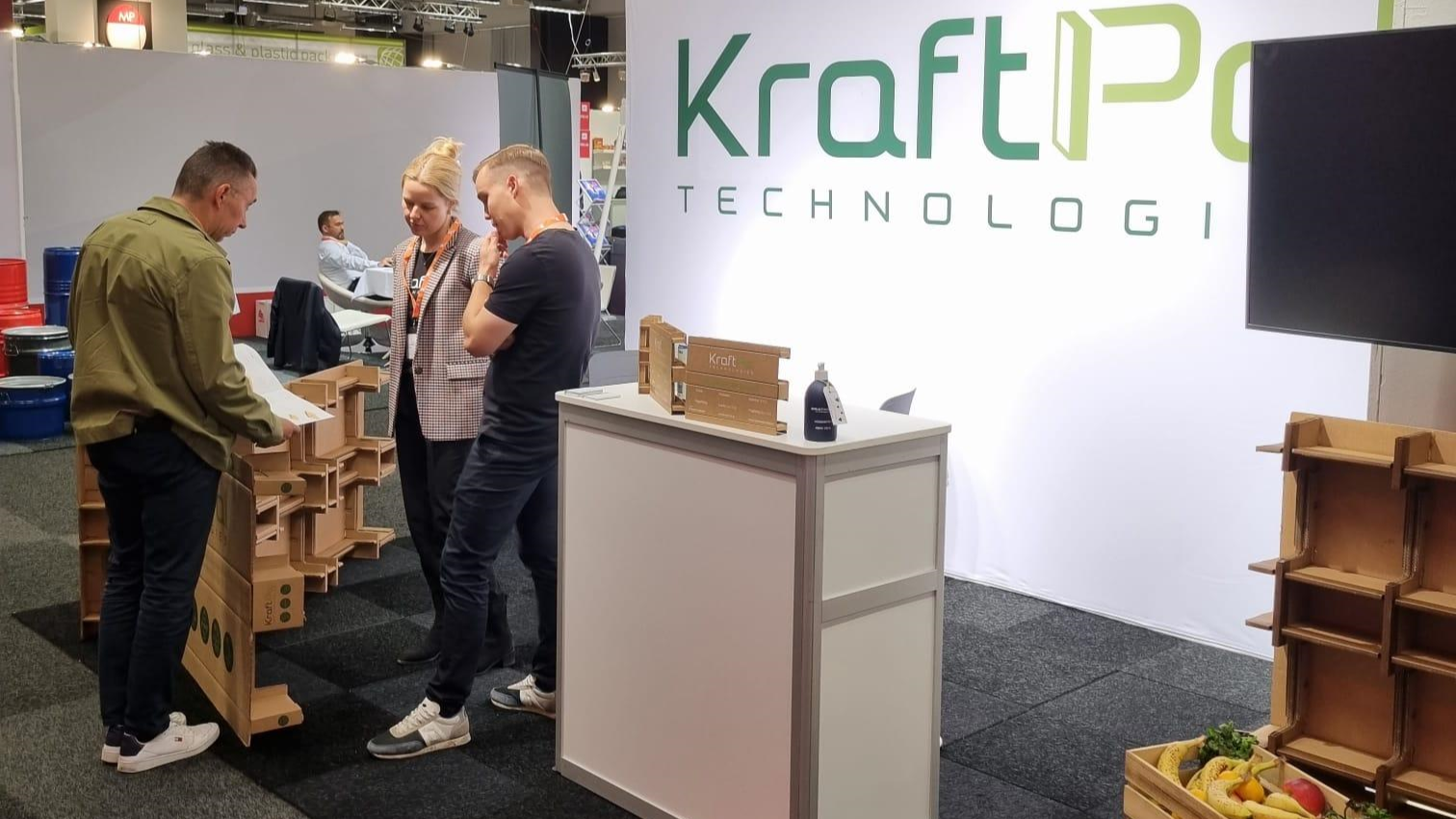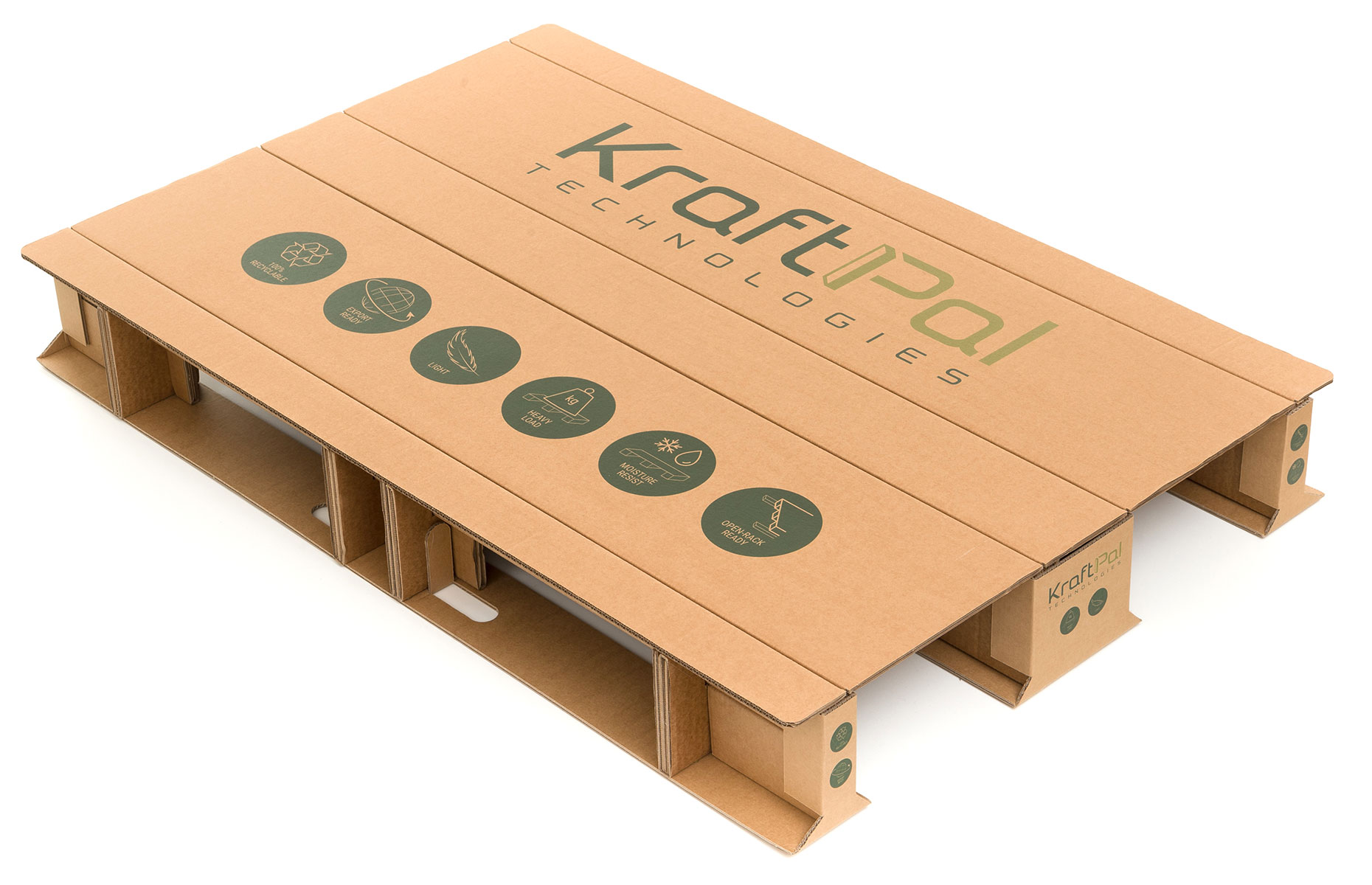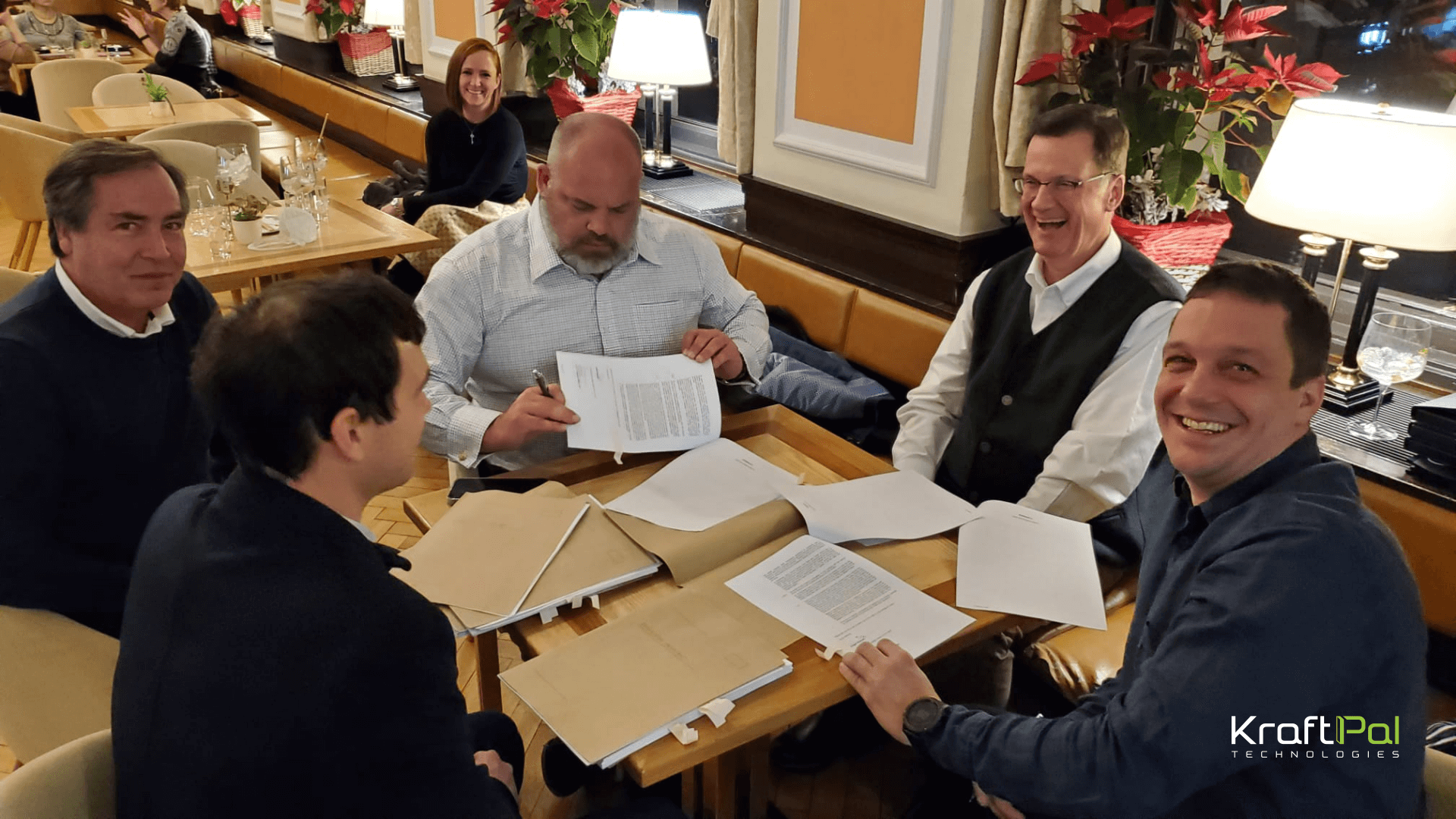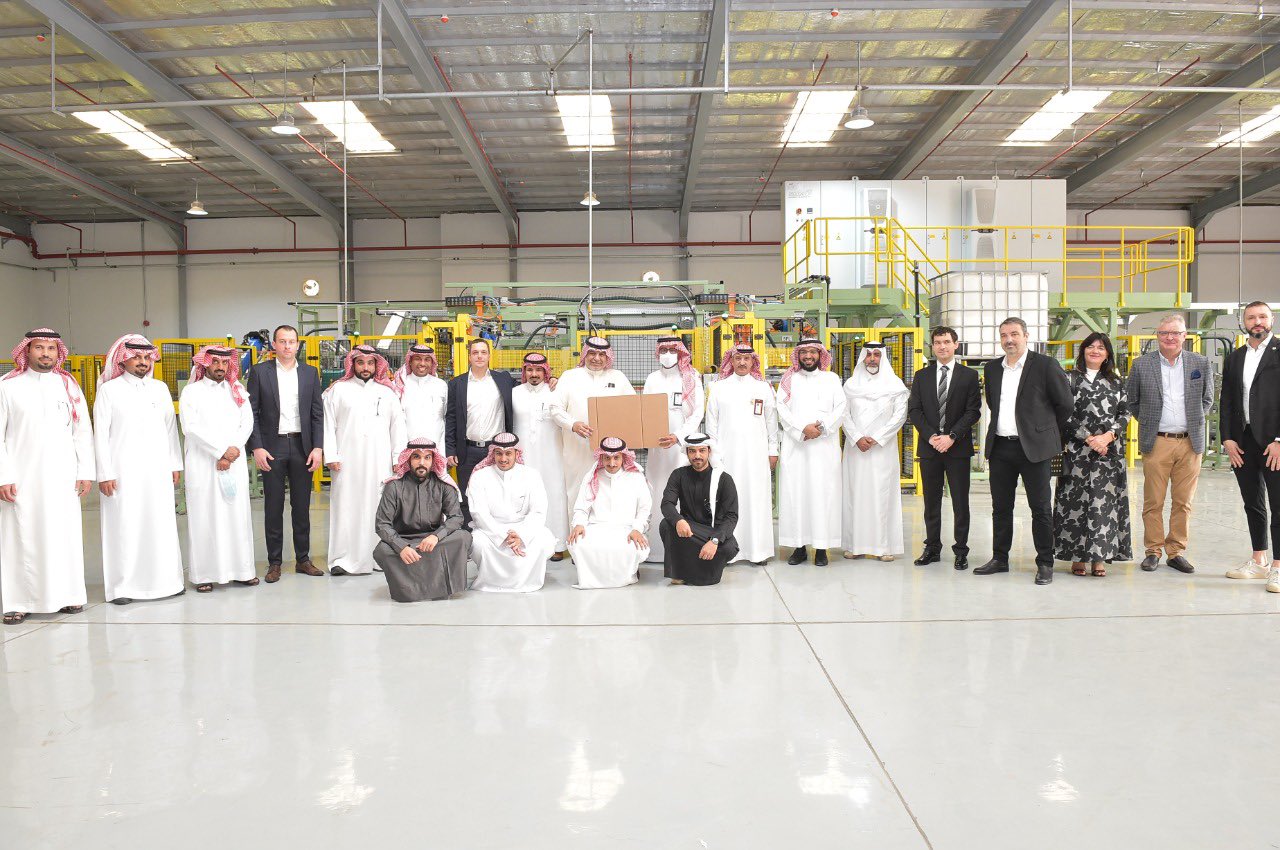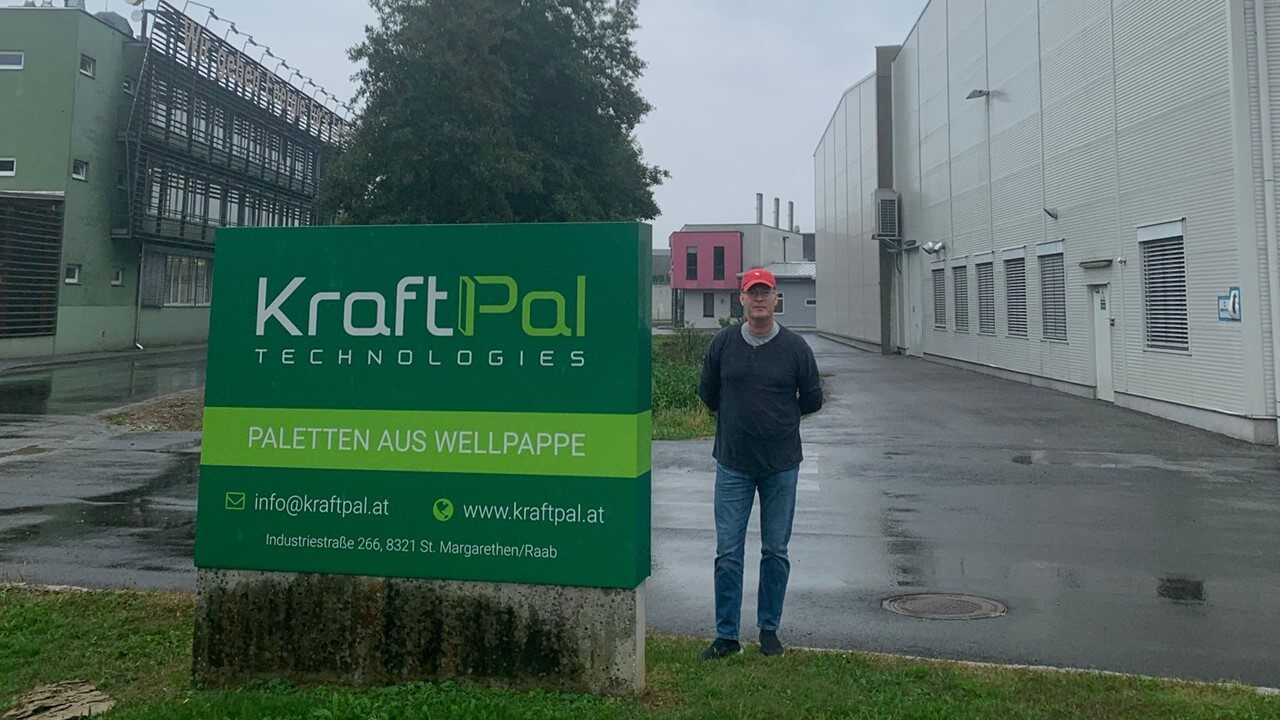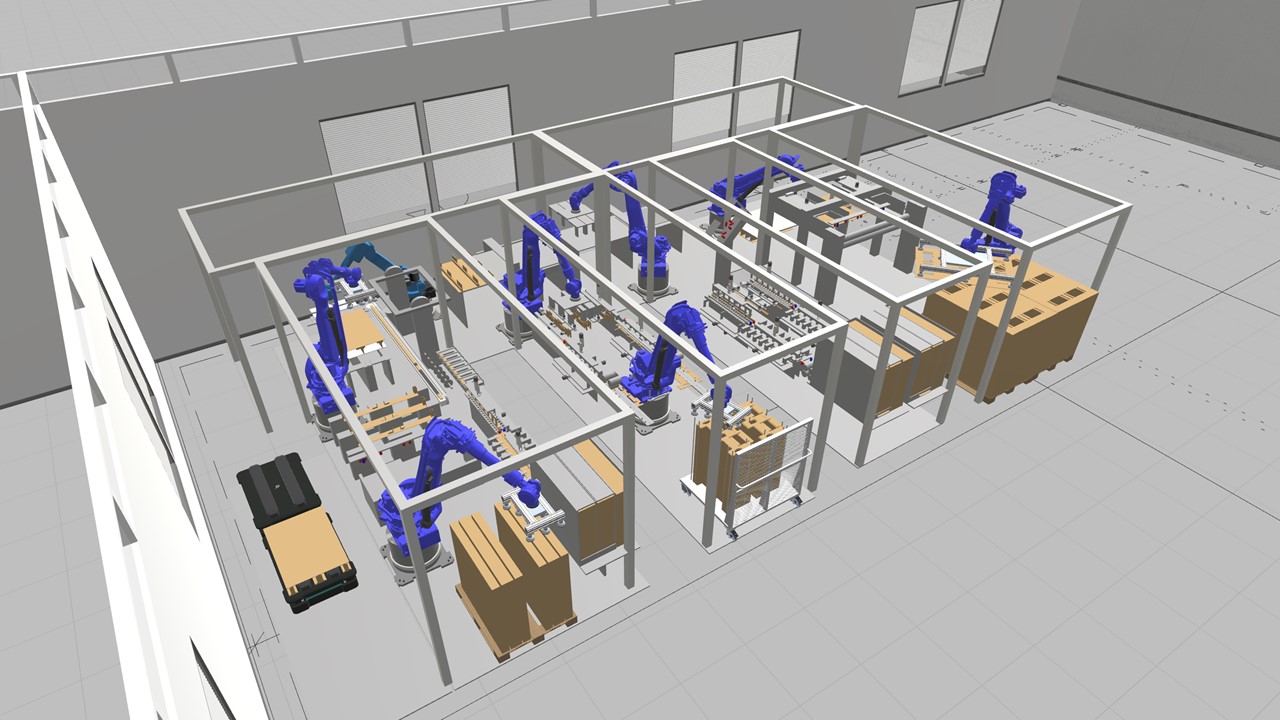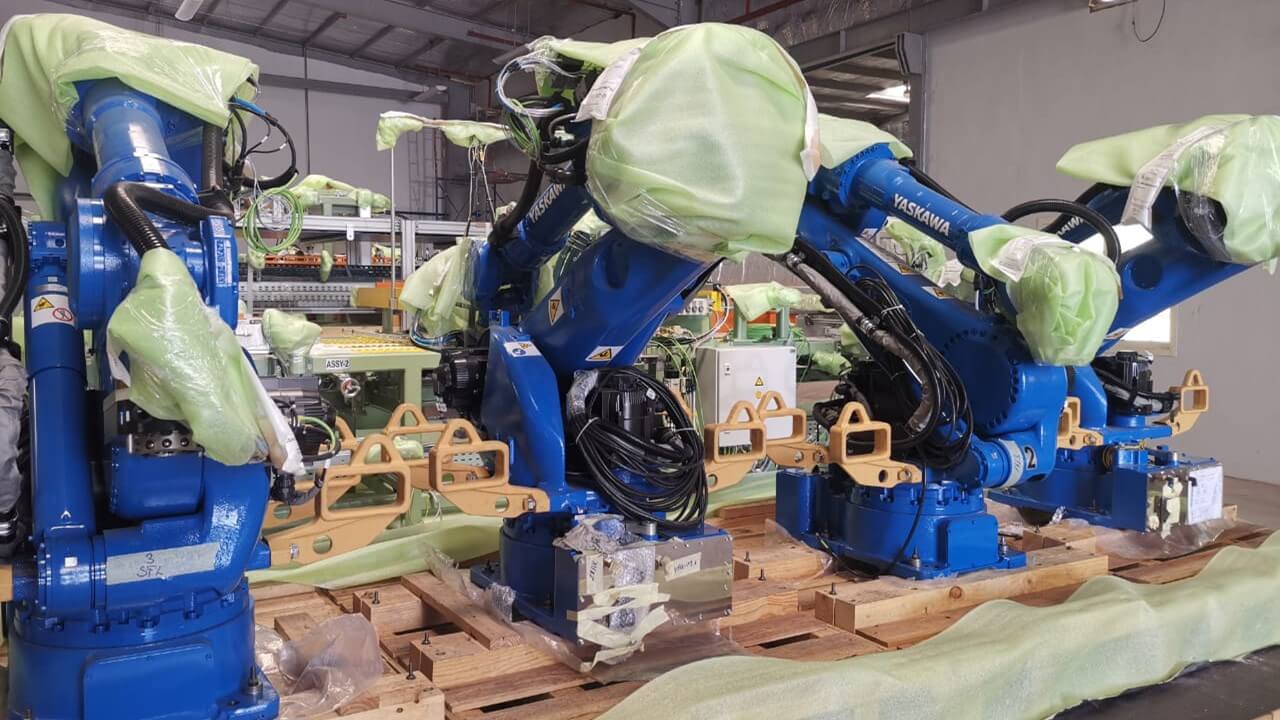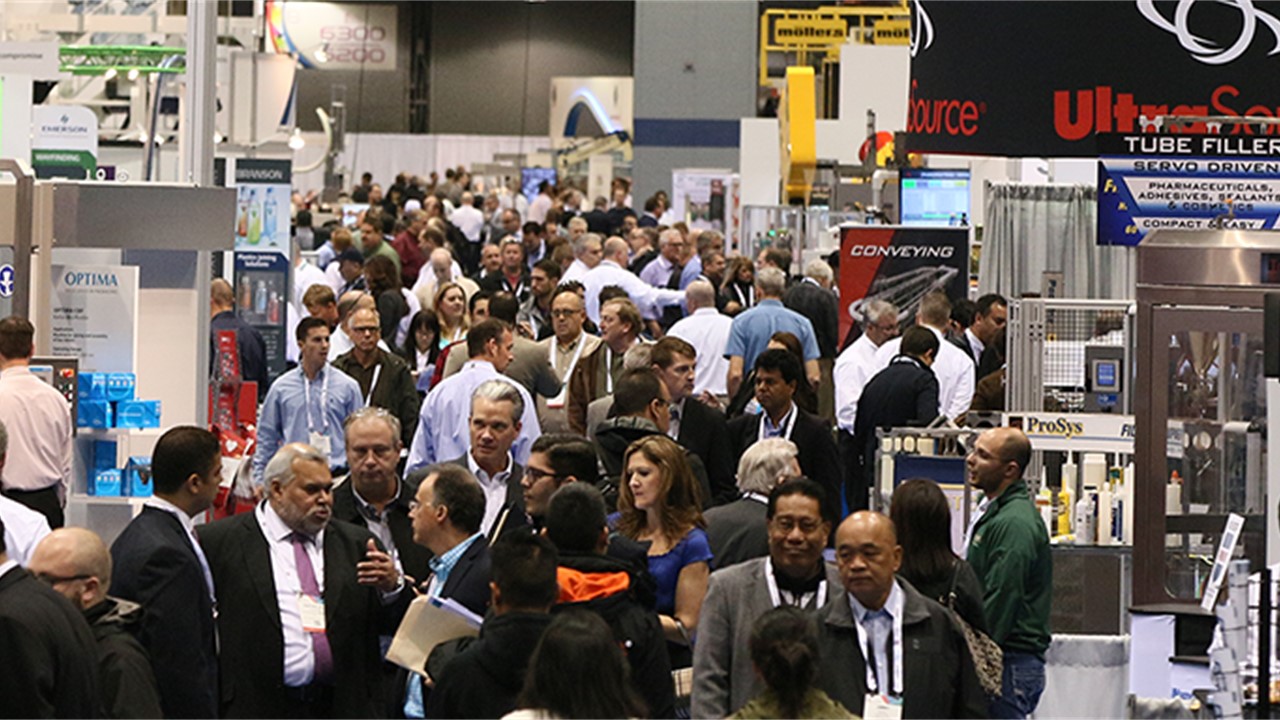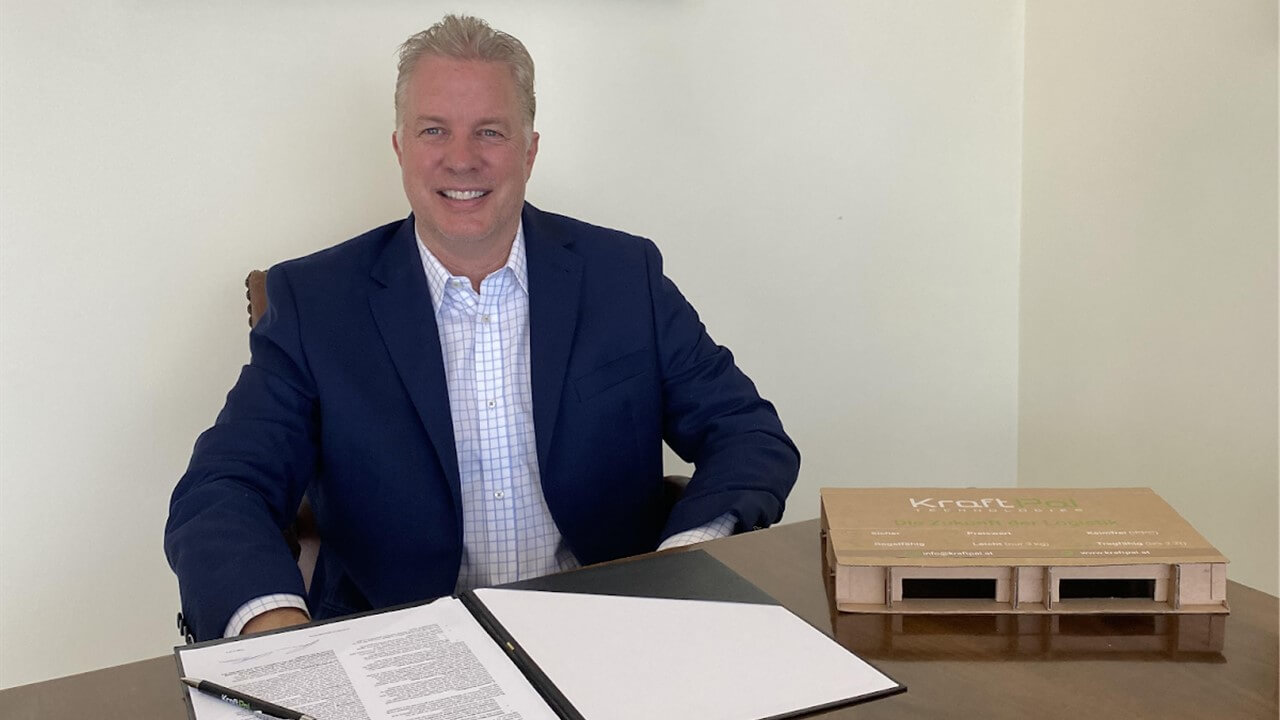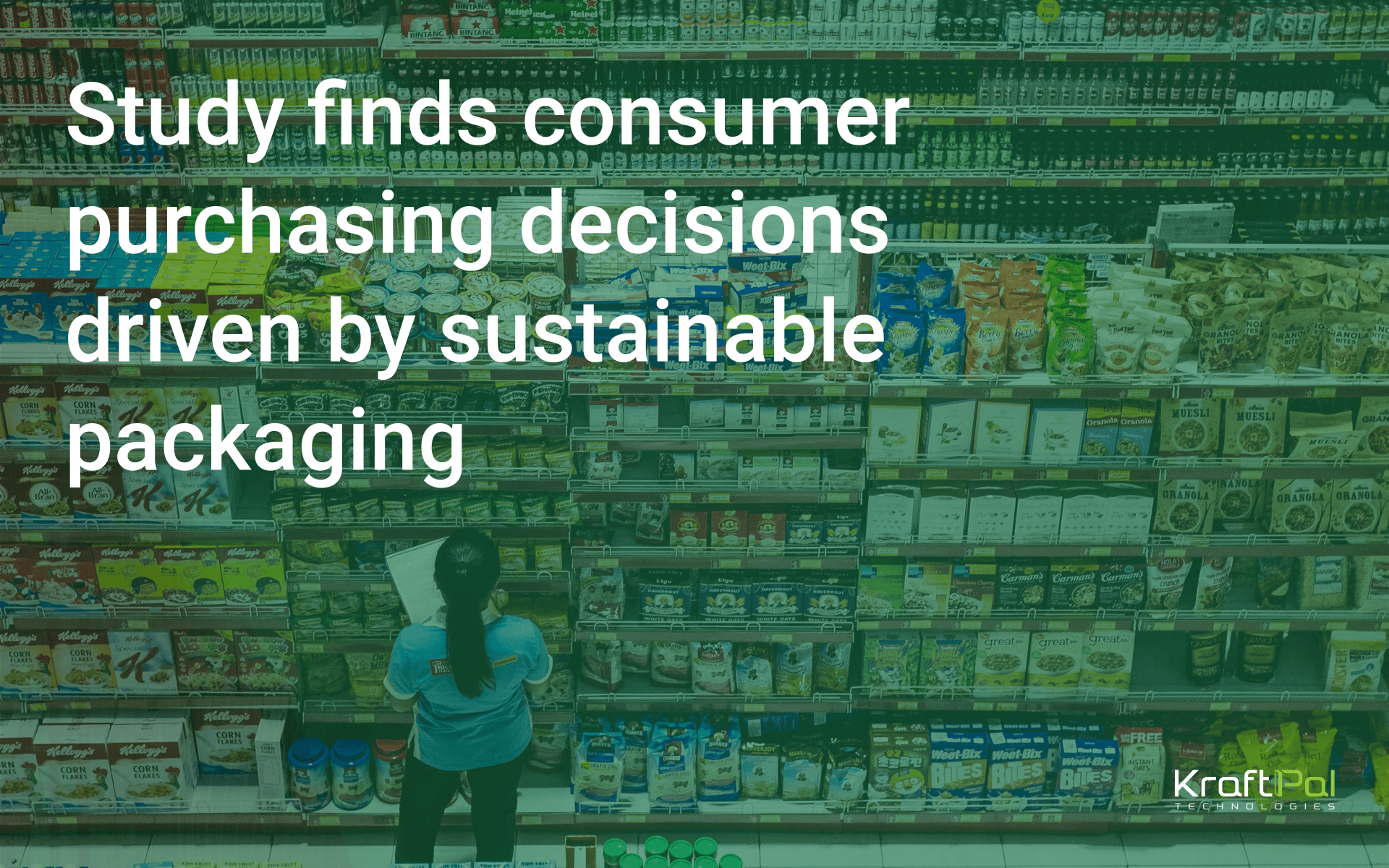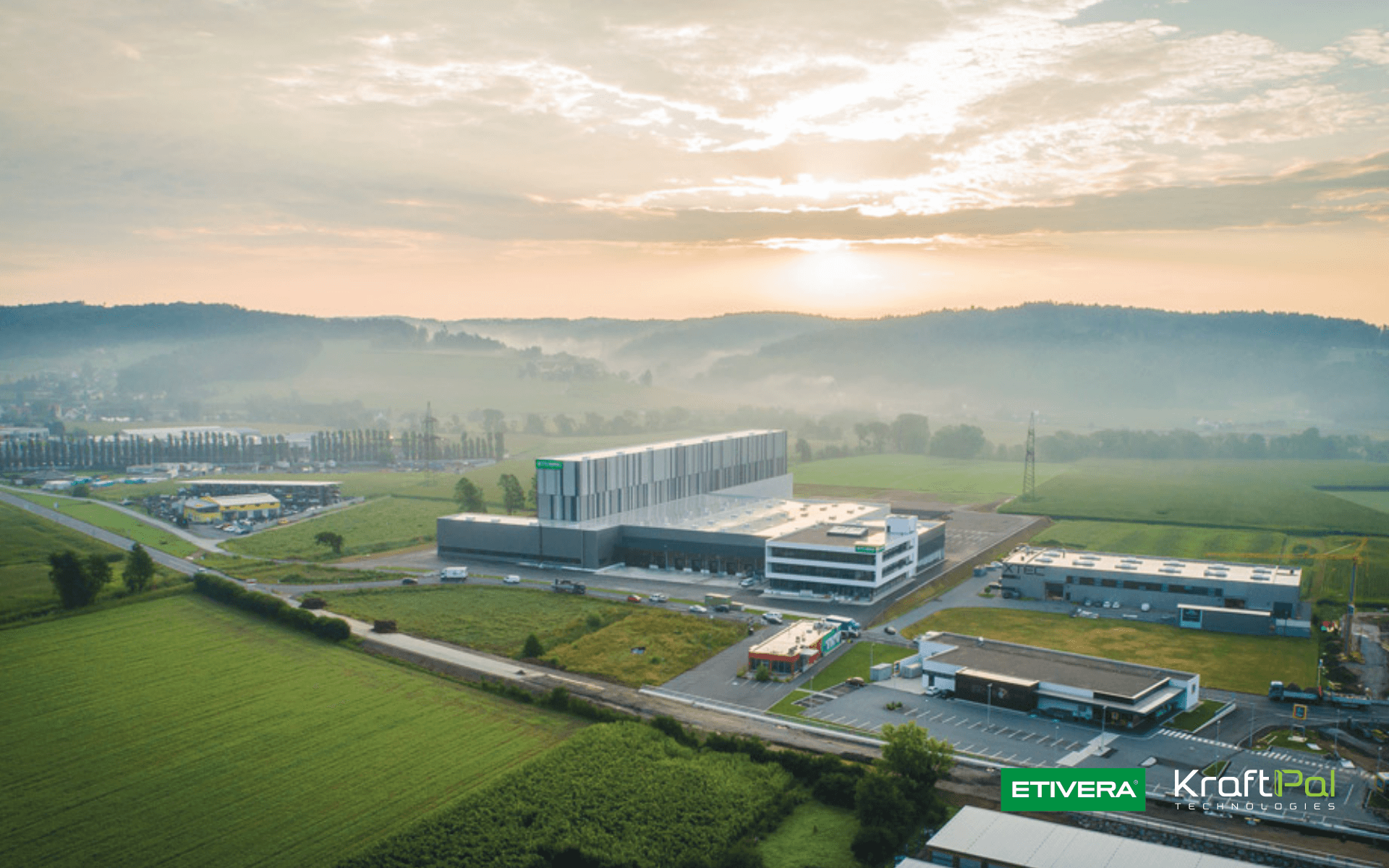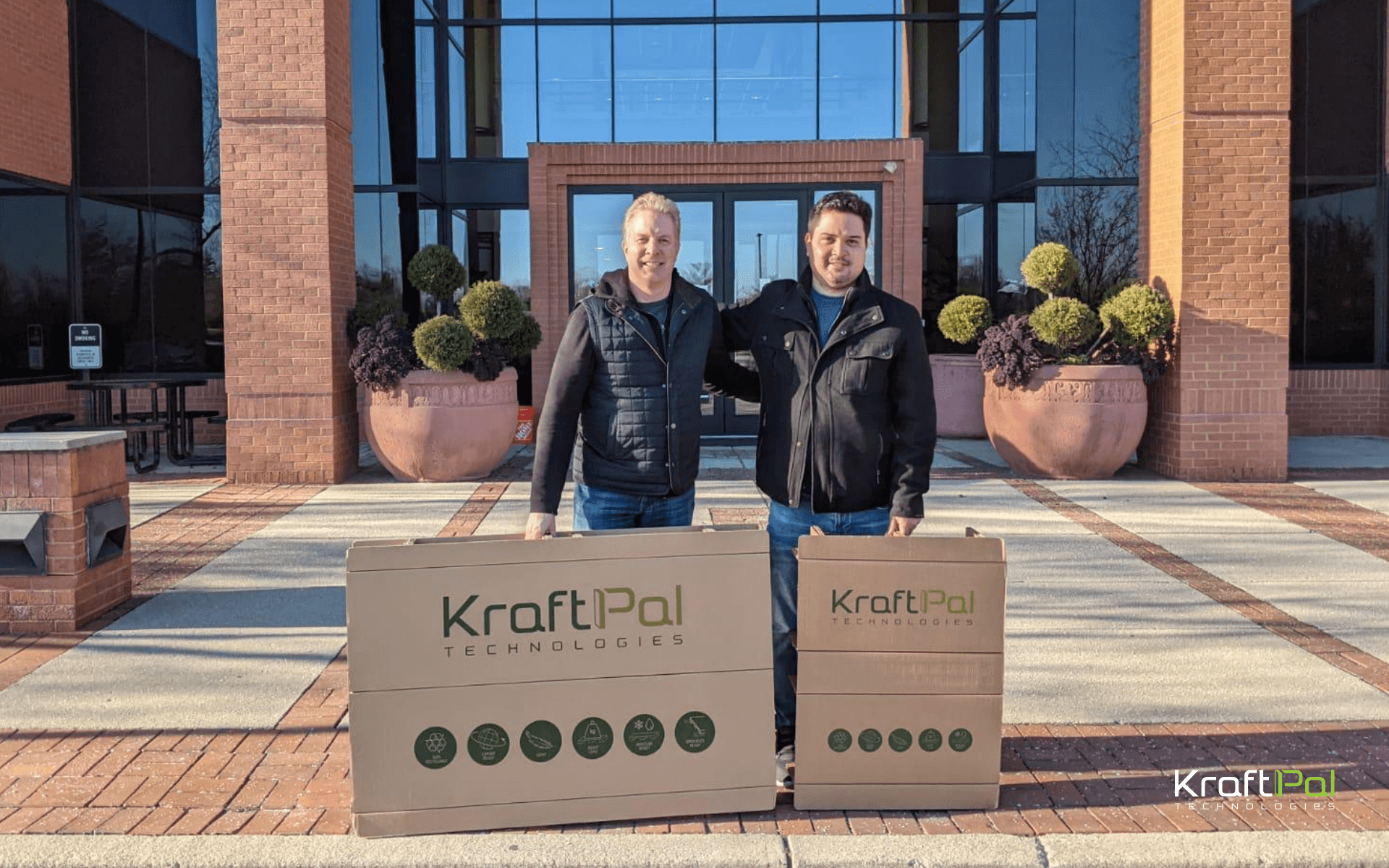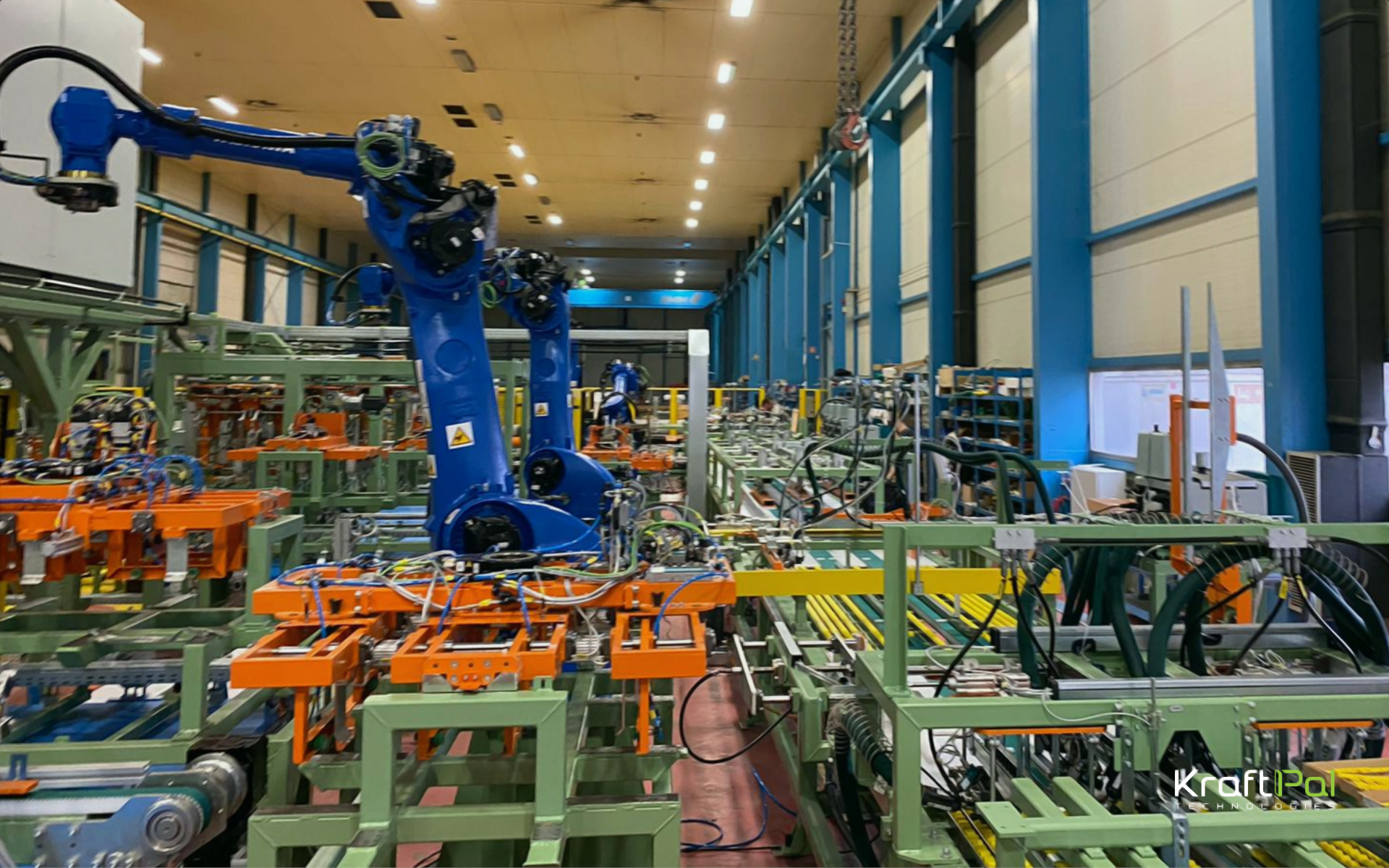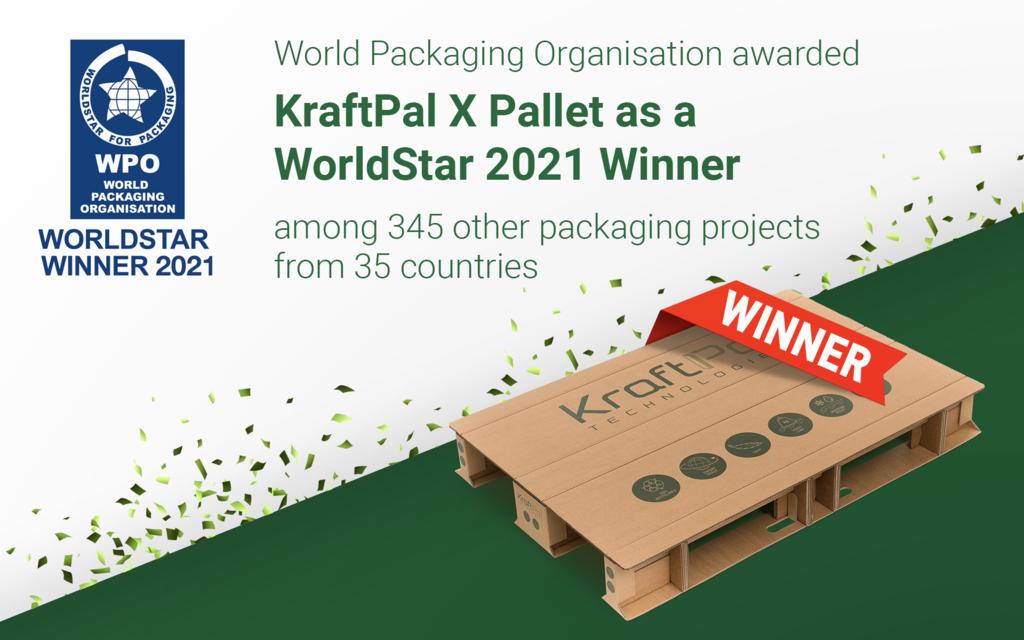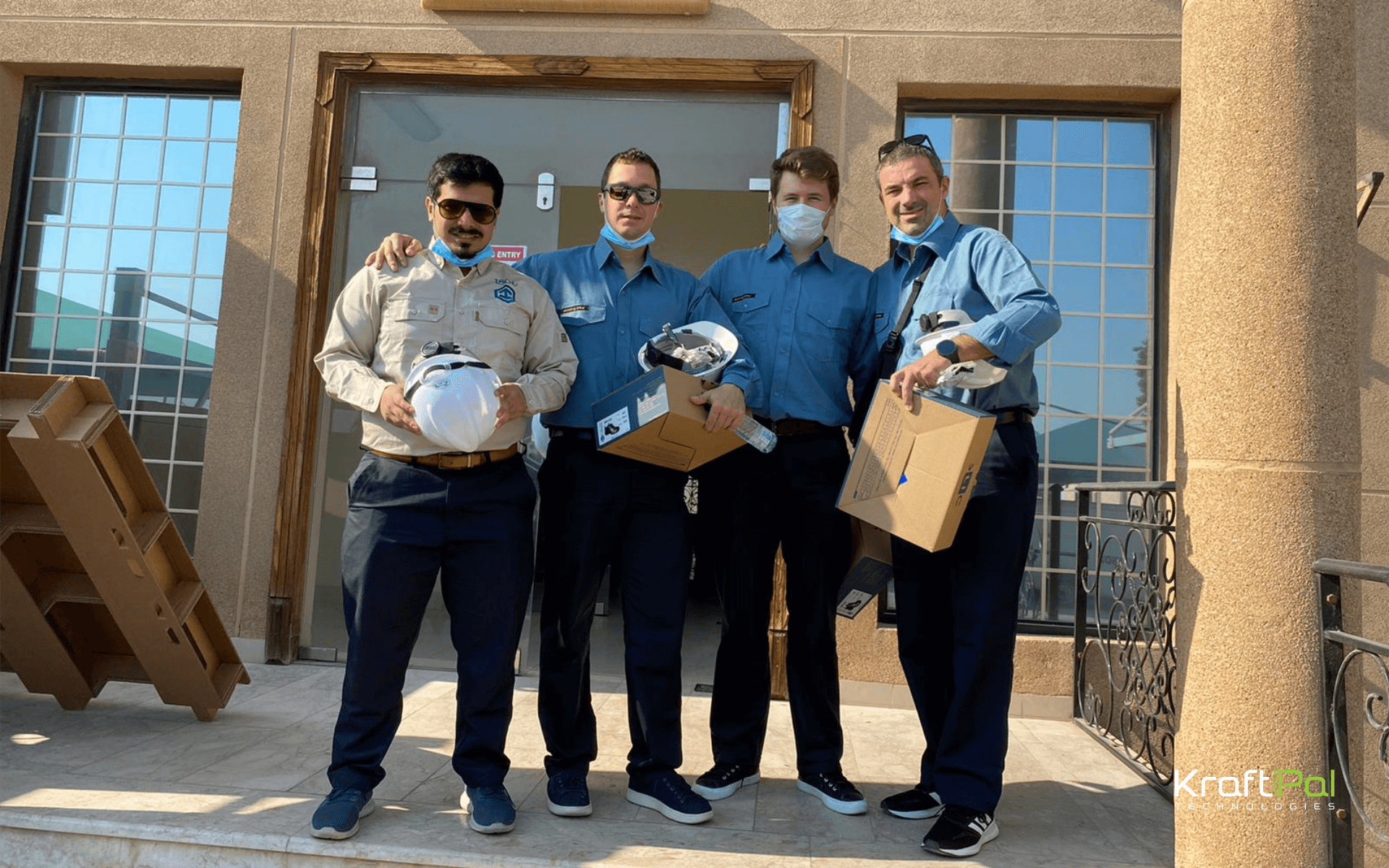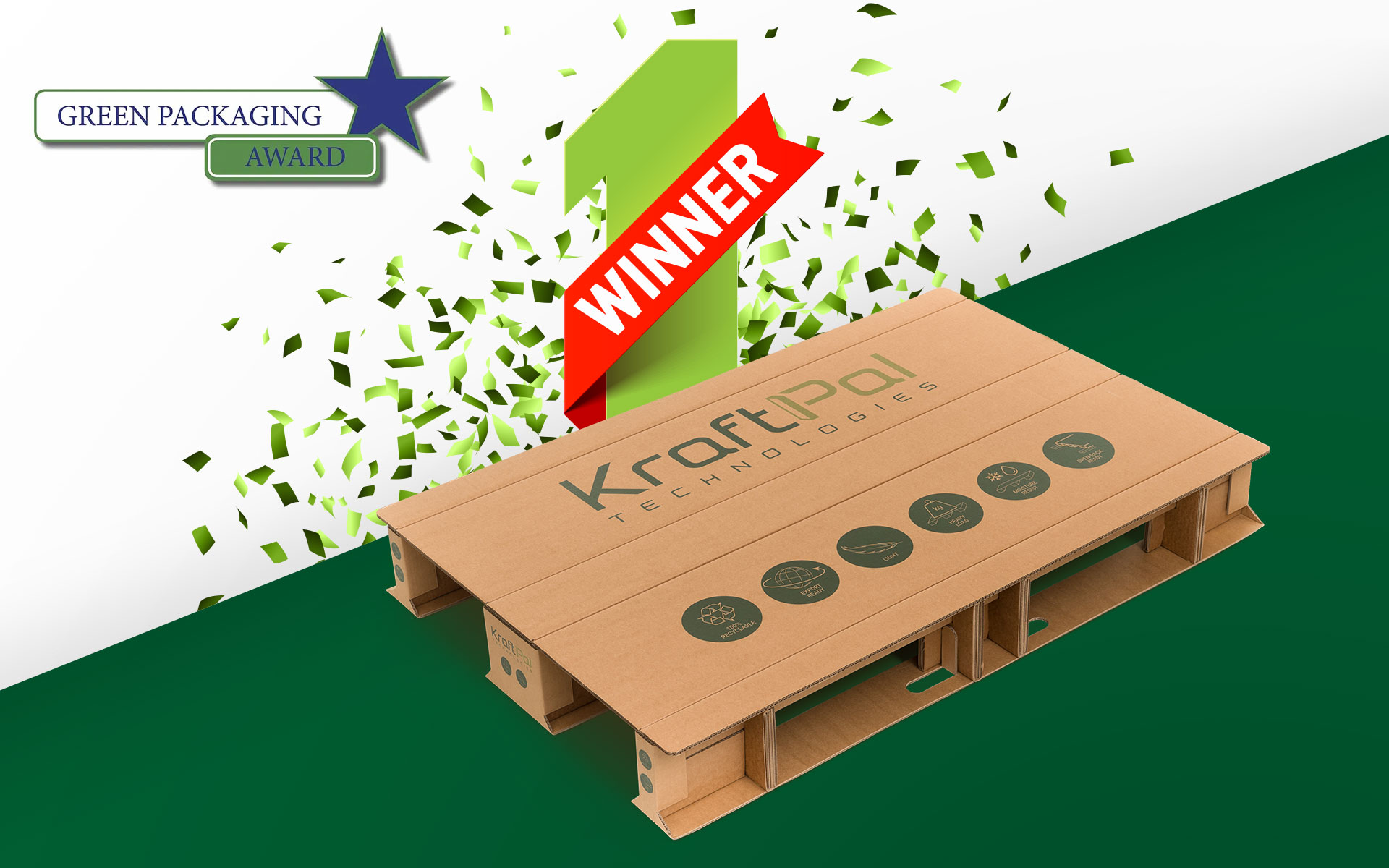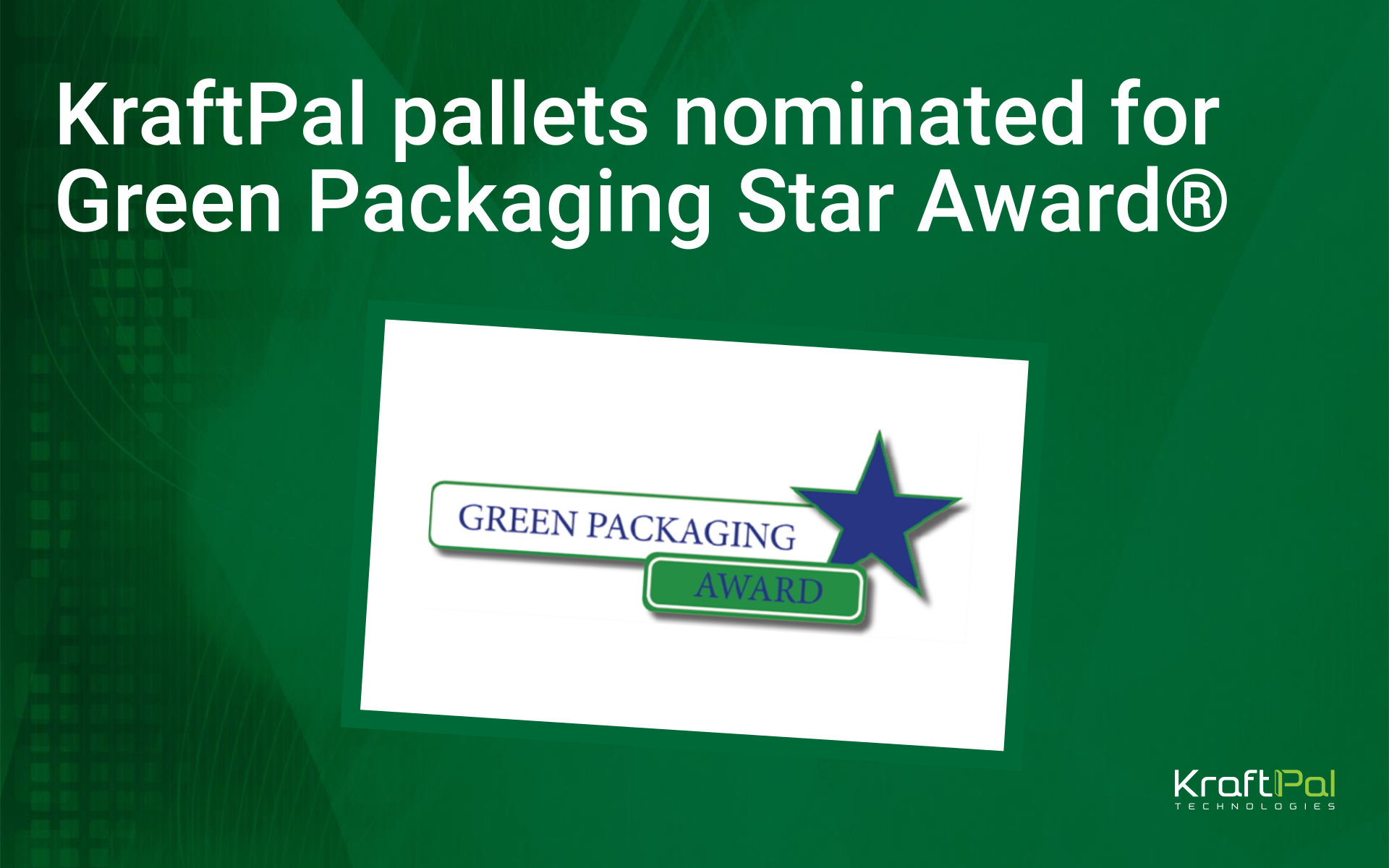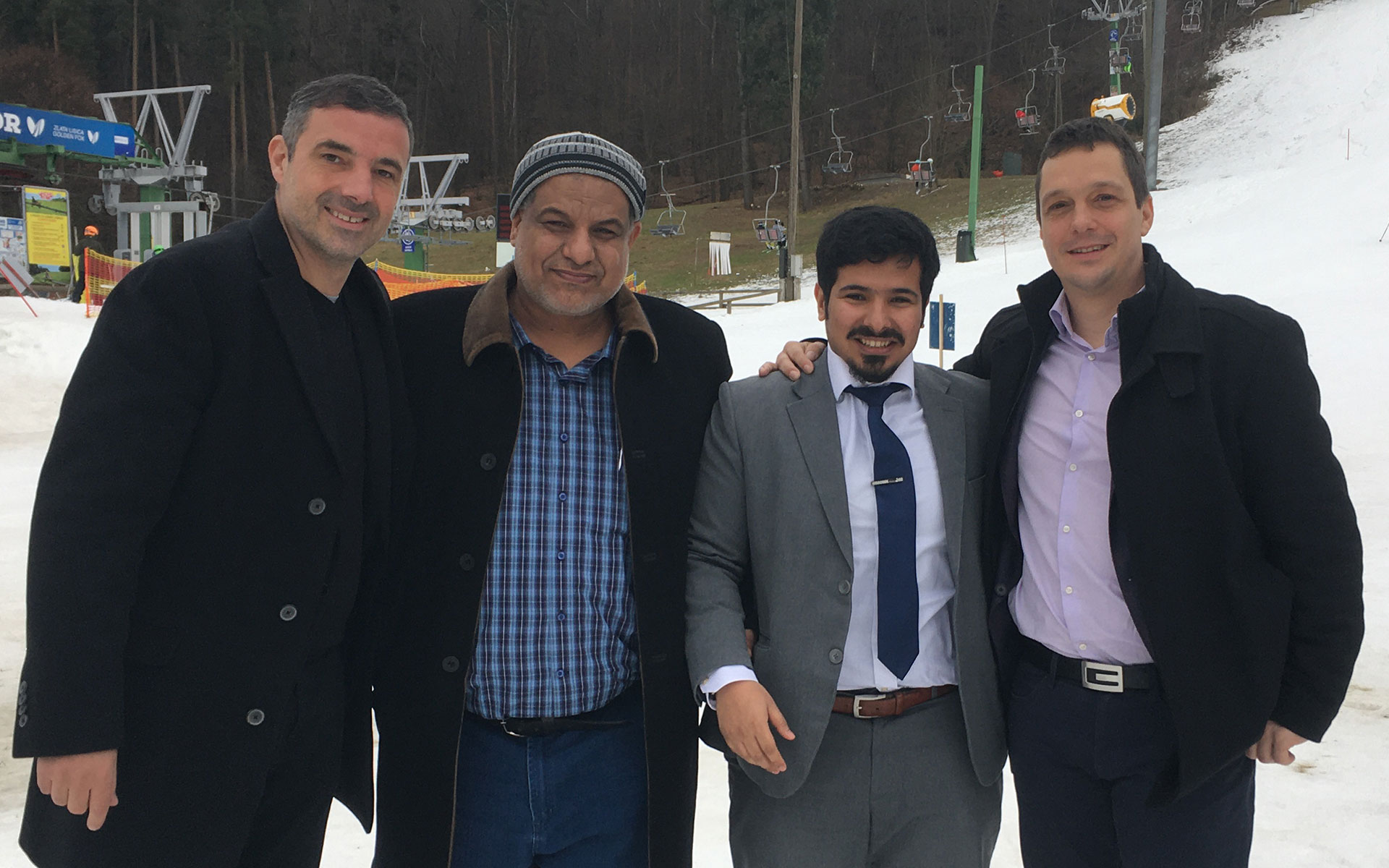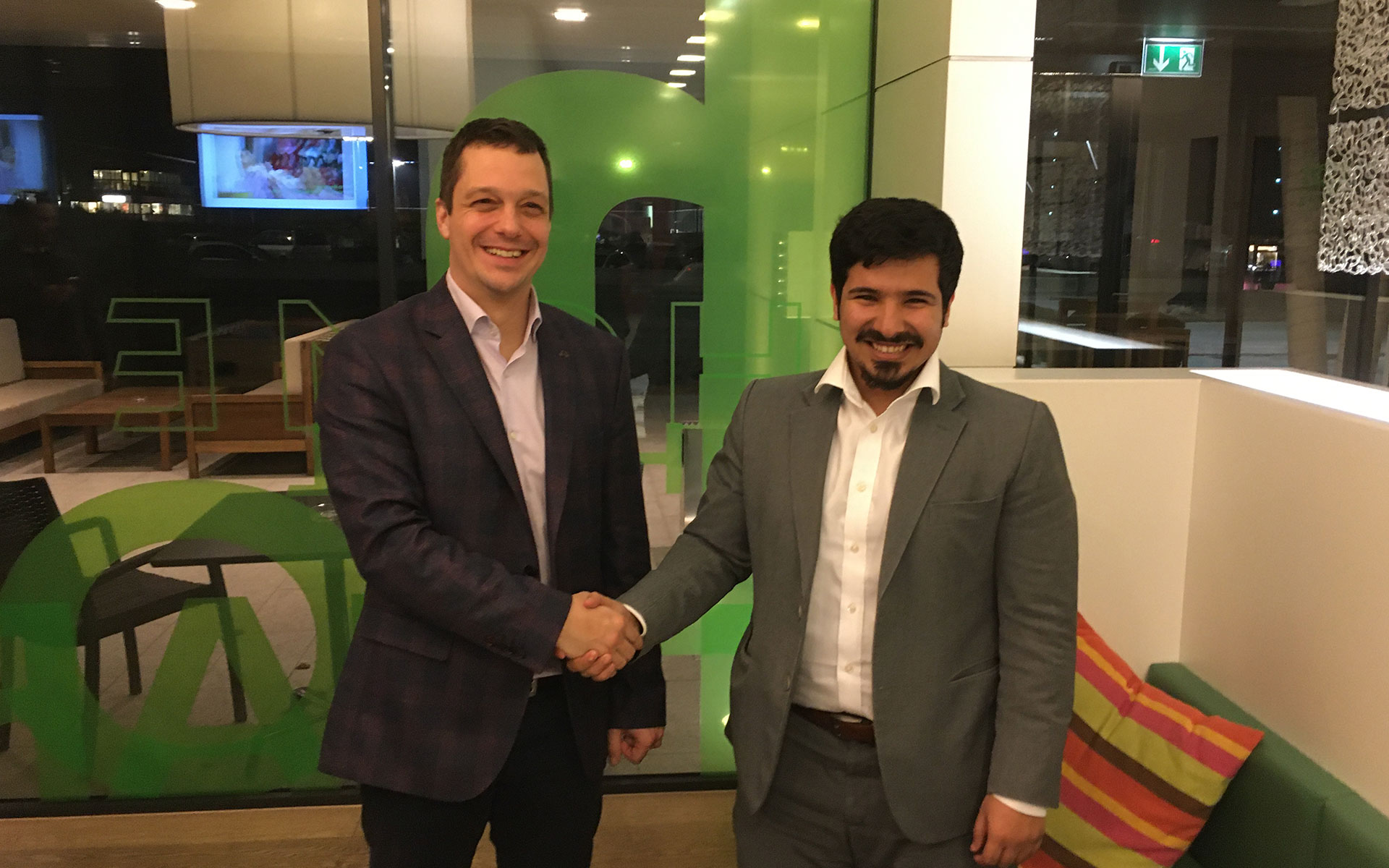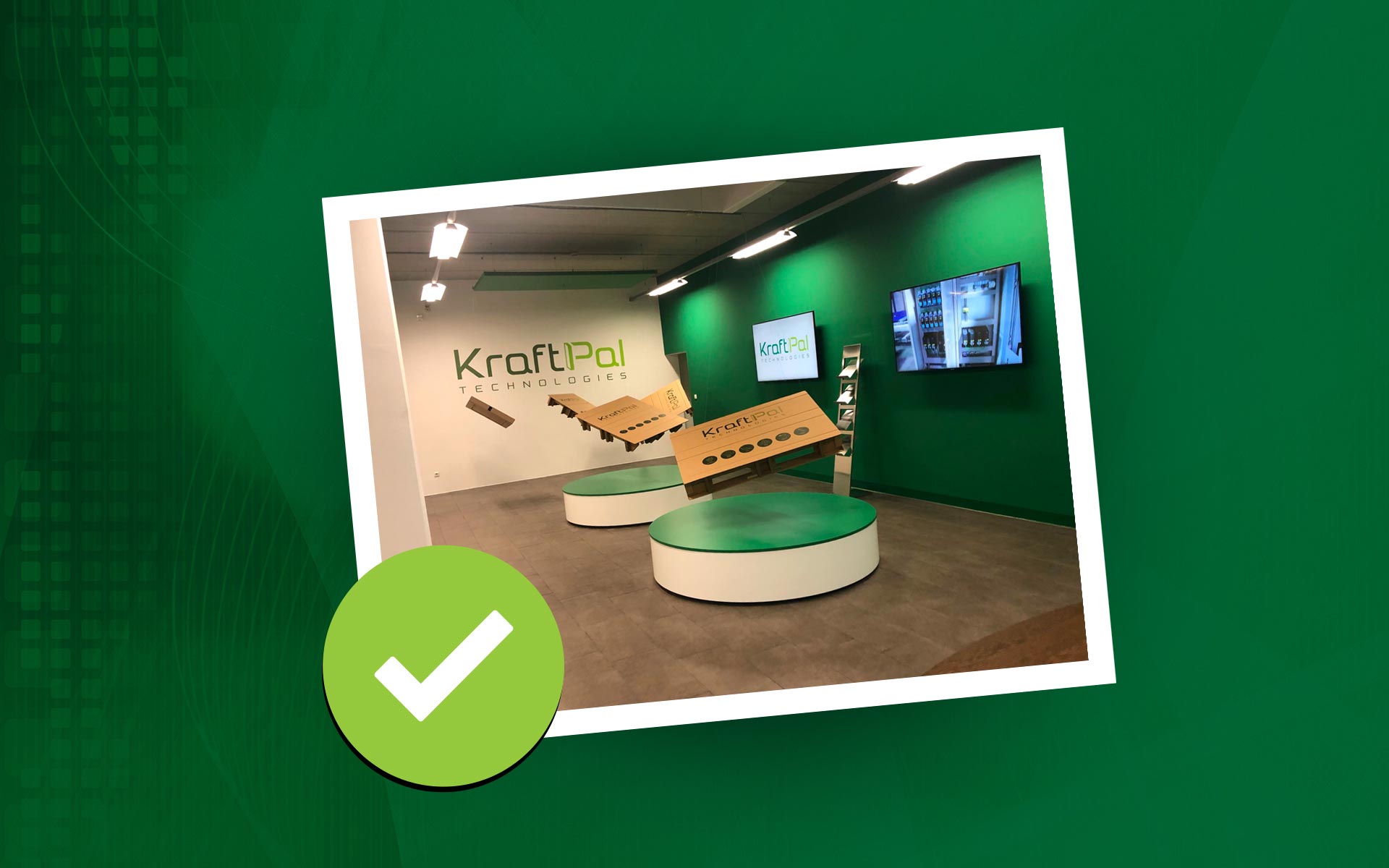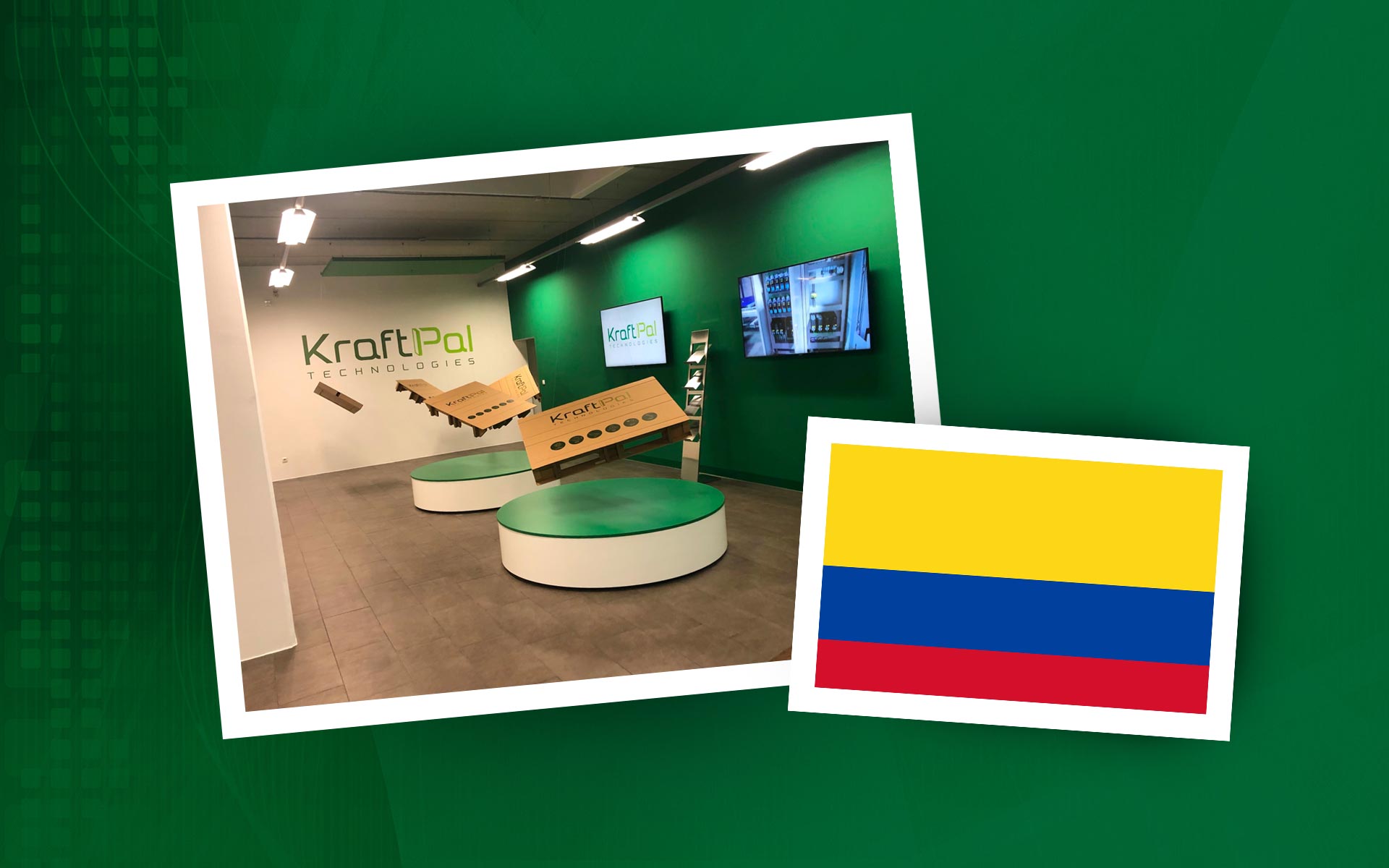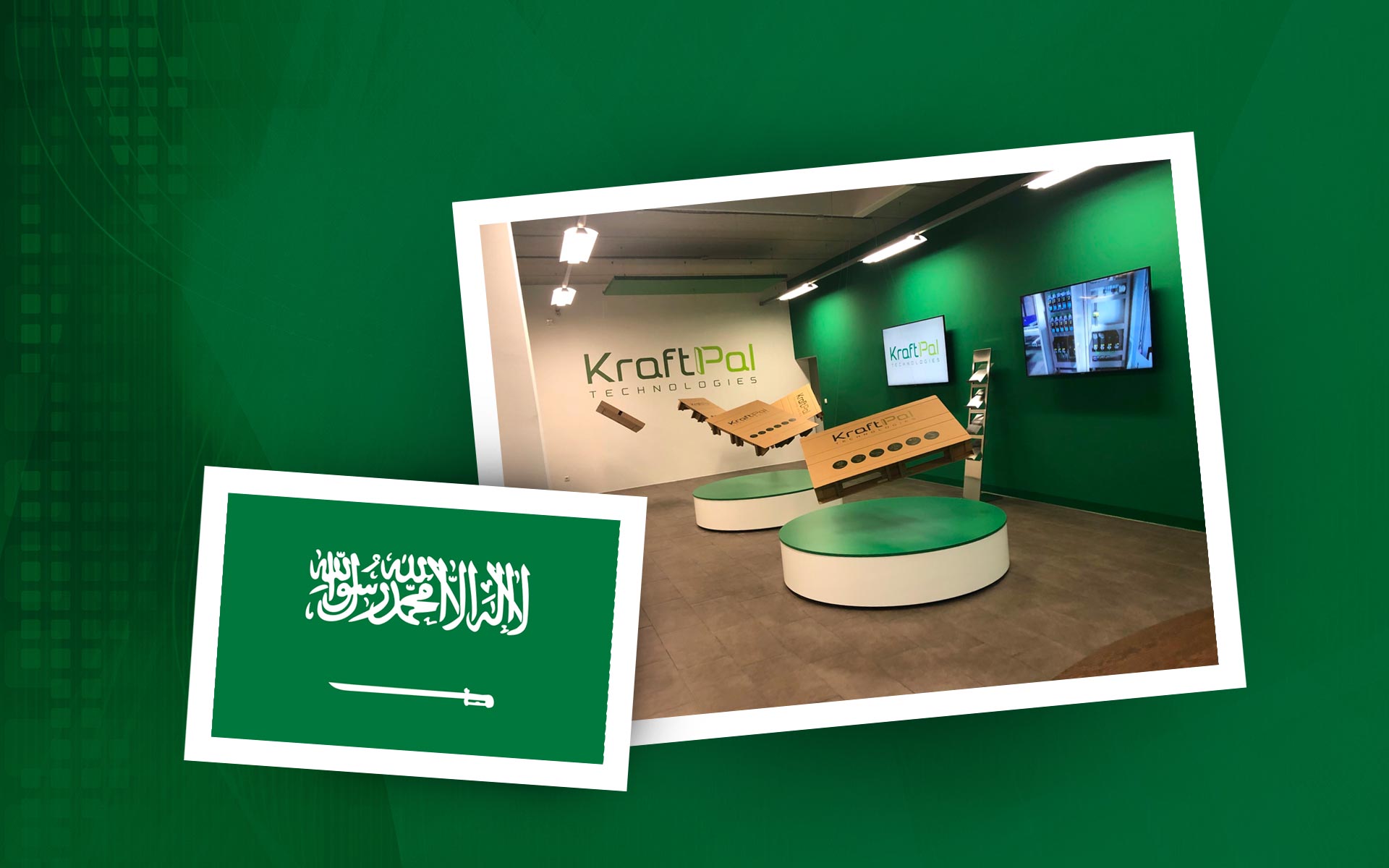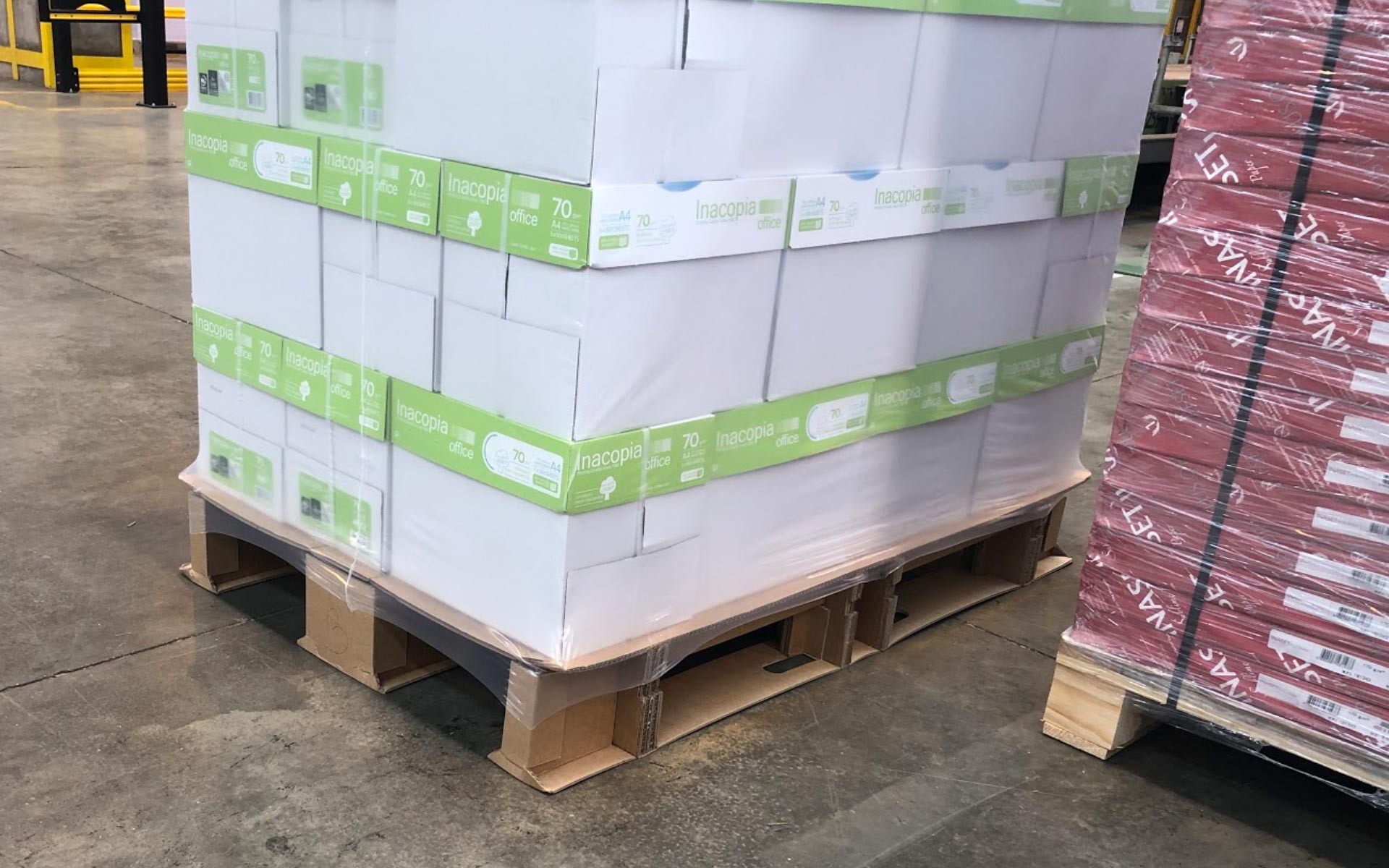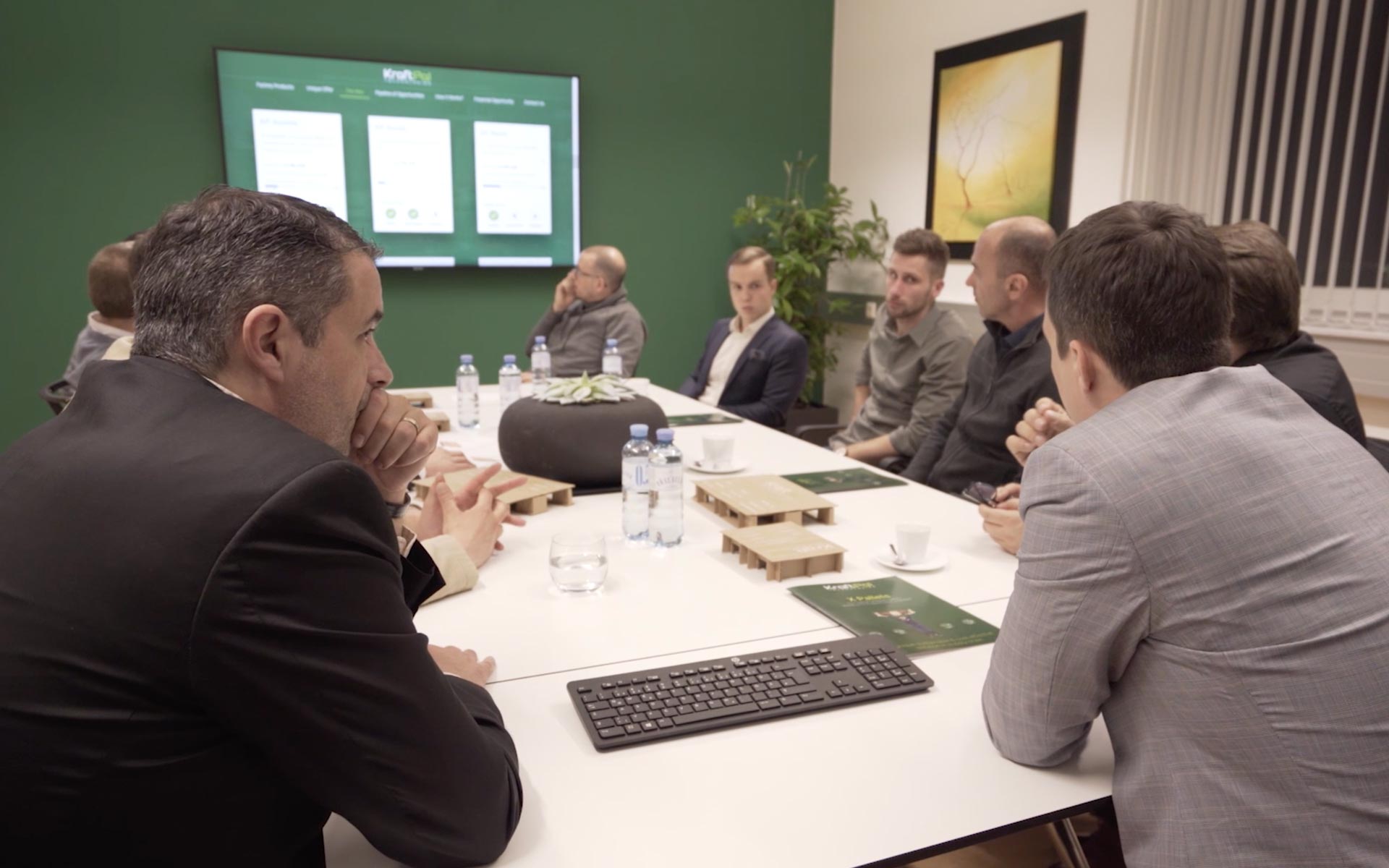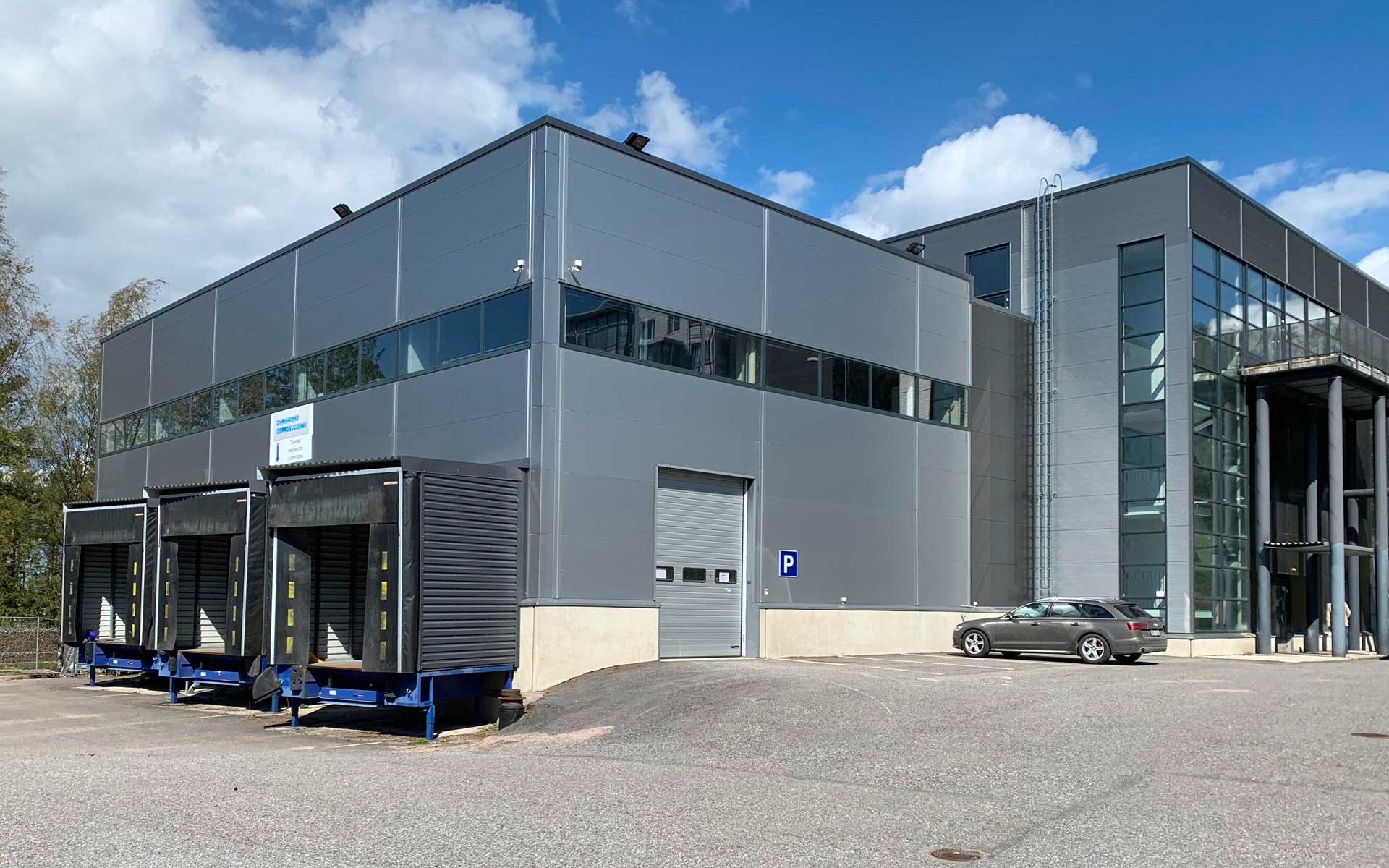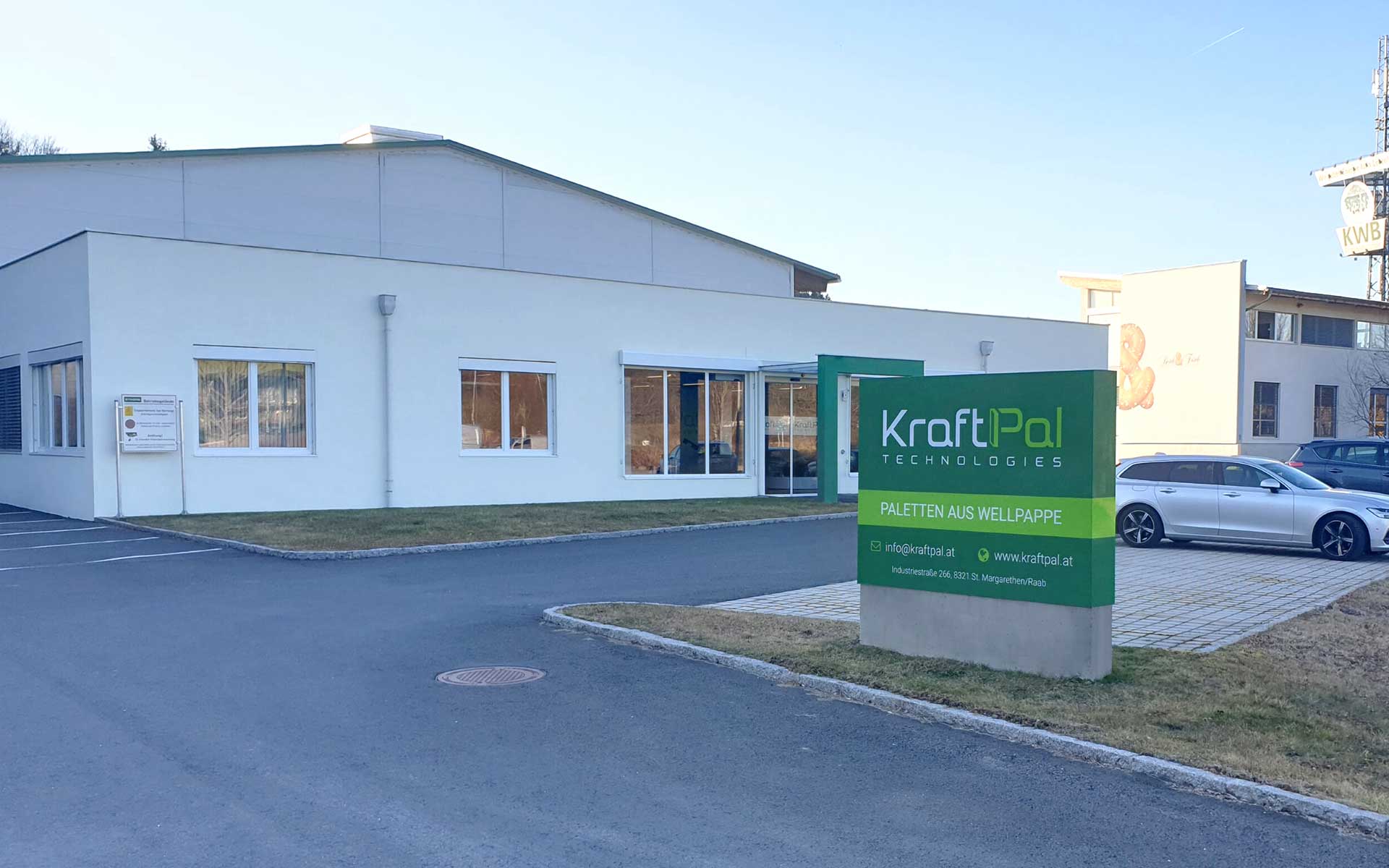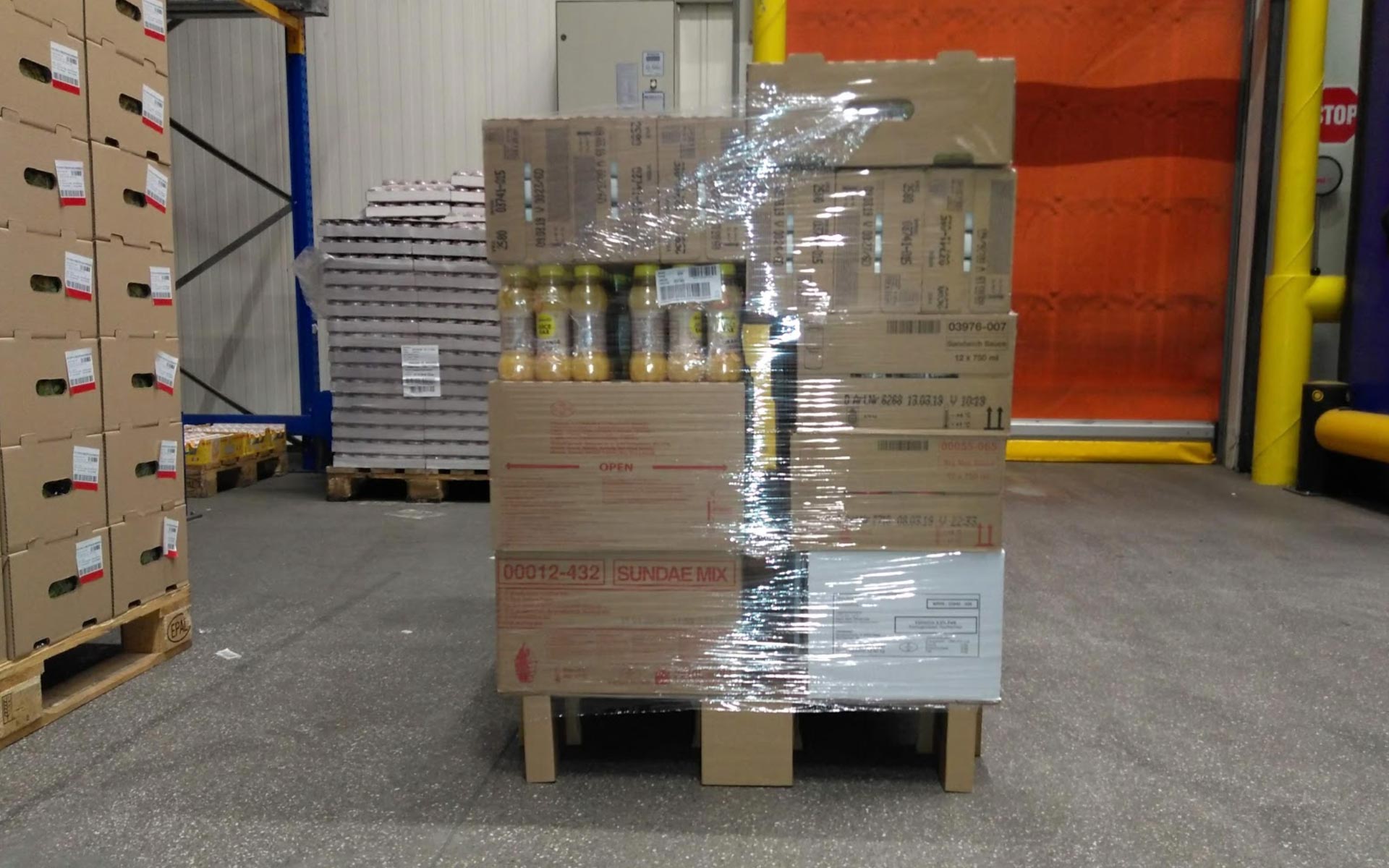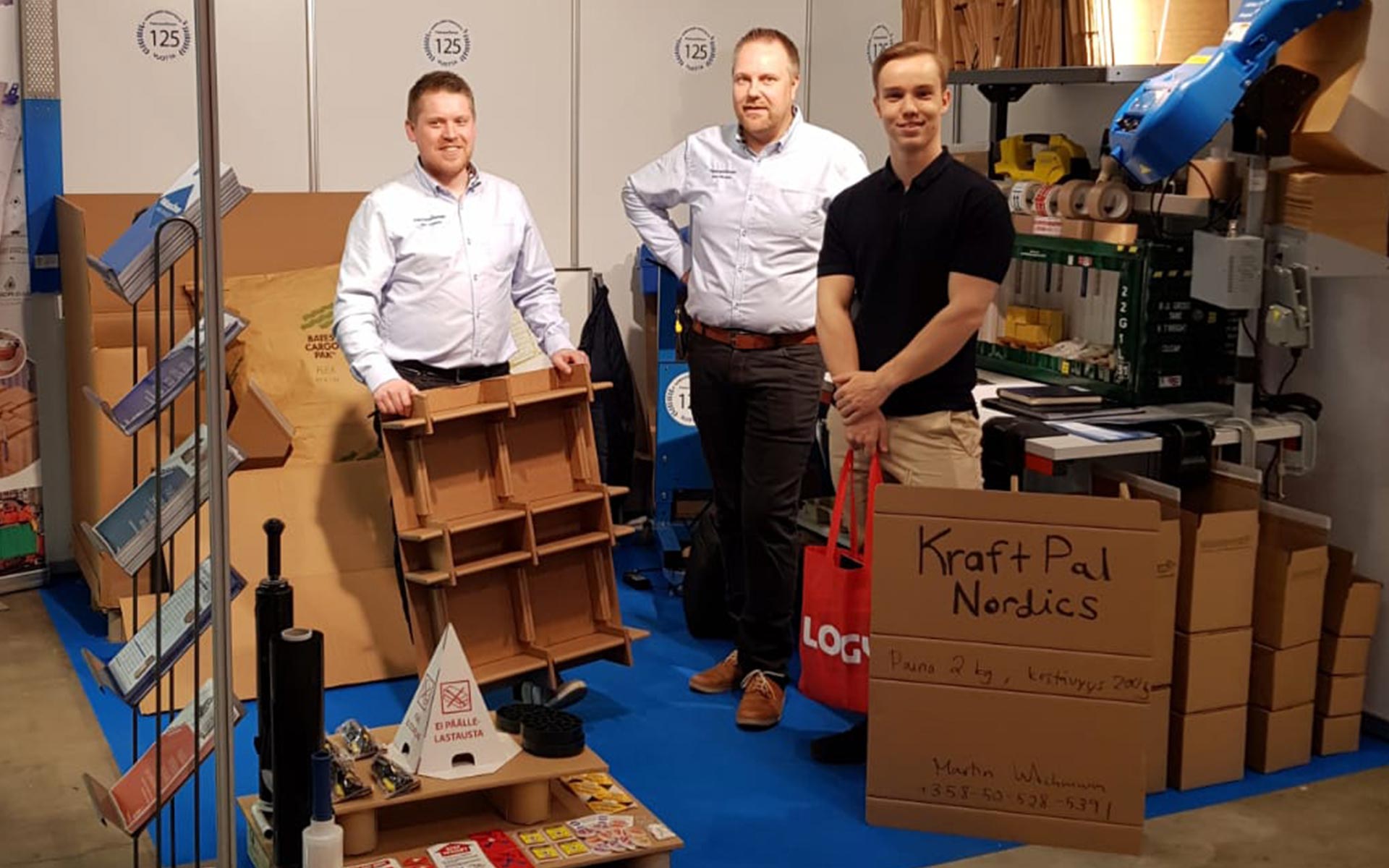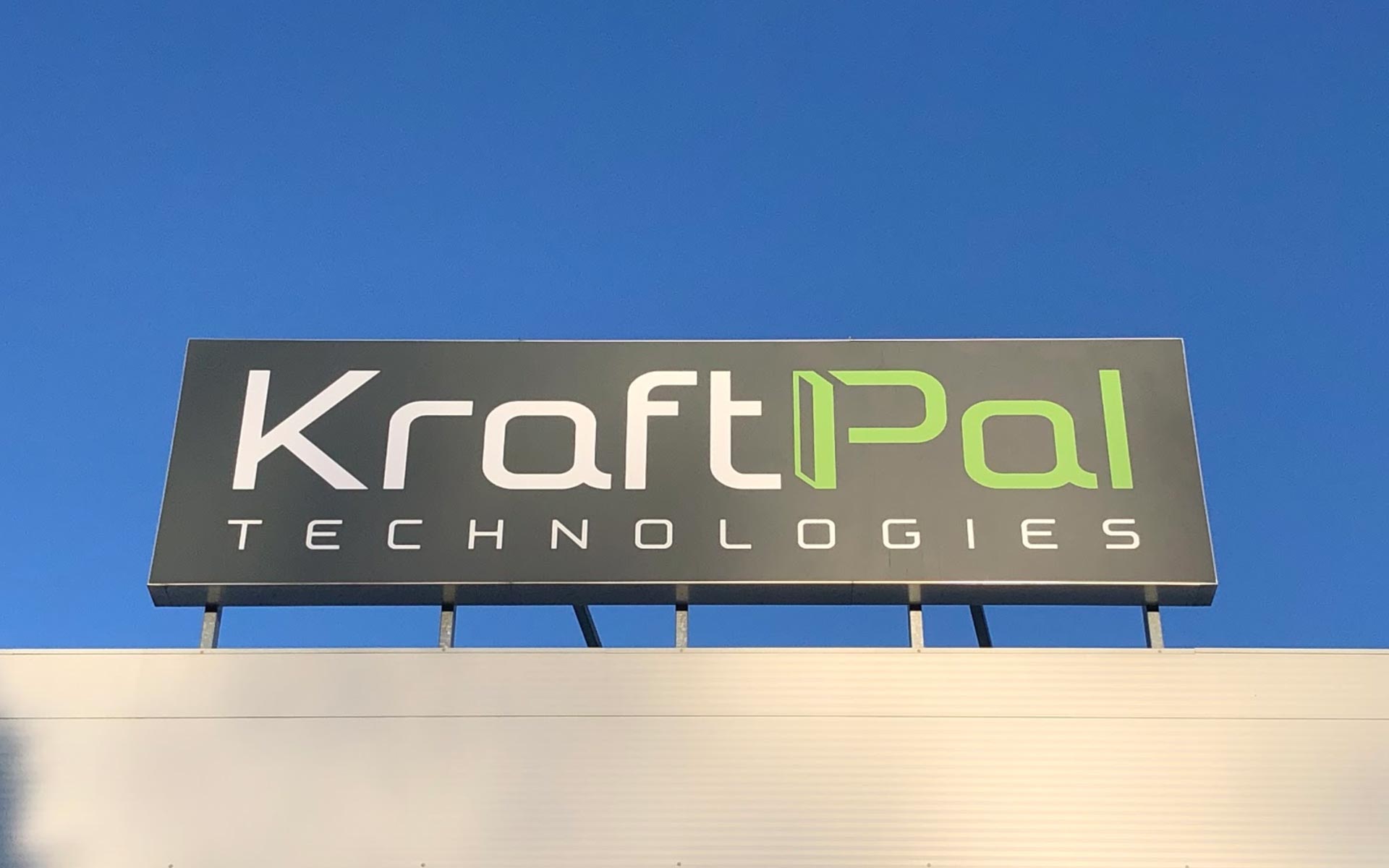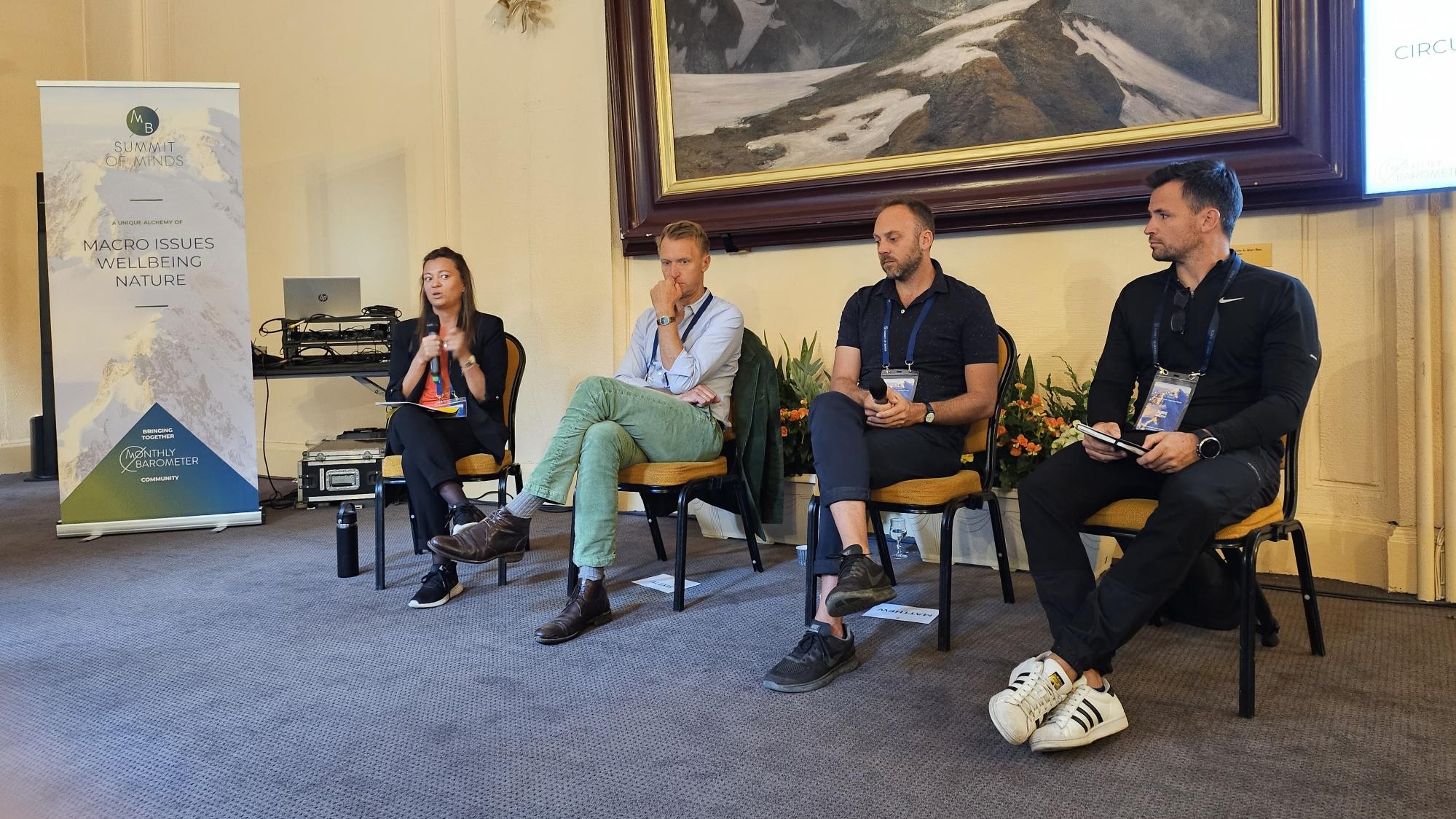
Our VP of operations Jure Malešič recently participated in an influential summit at the Monthly Barometer Summit of Minds: Stretching Minds - Inspiring Change, sharing the stage with a wide range of professionals, from politicians to strategists. Jure had the privilege of joining a 3-day panel discussion in the picturesque town of Chamonix, France, where he engaged with over 150 guests from around the globe. The focus of the conversation was the circular economy, a subject deeply aligned with KraftPal's core mission and values.
Pillars Of a Circular Economy
During the discussion, the core goals of a circular economy were outlined. These include reducing the consumption of natural resources, optimizing product design, improving production processes, and focusing on recycling methods. The goal is to move from a linear to a circular economy model that is both sustainable and efficient.
KraftPal's Role in This Transition
Jure explained how KraftPal is leading this transition to sustainability with our cardboard pallet, a smart alternative to traditional wooden pallets. About 6 billion pallets are produced annually, and the switch to cardboard has many advantages.
First, compared to wood, cardboard offers a higher recycling rate, directly contributing to the goals of the circular economy. It also simplifies the recycling process by eliminating the need to separate mixed materials, which is often the case with wooden pallets. In addition, a KraftPal pallet made of cardboard requires 80% less natural material than its wooden counterpart, which significantly reduces the consumption of natural resources.
Monthly Barometer Shows Positive Change
In the world of business, Monthly Barometers often serve as pulse gages. At KraftPal, the trends are pointing upward, especially in terms of stakeholder engagement and sustainable practices. Cardboard pallets are not only a viable option, but are increasingly recognized as a sustainable, logical choice in the one-way transport.
Priority For Local Distribution
Jure also revealed that KraftPal is optimizing its distribution strategies to meet the principles of the circular economy. The company is focusing on local deliveries and limiting the shipping range to 300 km from the production site. This minimizes its carbon footprint and underscores KraftPal's commitment to sustainable operations.
It Just Makes Sense
The most telling moment came after the panel discussion when a guest turned to Jure and remarked, "I understand that regulation will help with the implementation of your product, but even without that, the product just makes sense!"
As KraftPal continues its journey toward a sustainable circular economy, KP is not only meeting market demand for sustainable products, but actively shaping a more responsible future.
